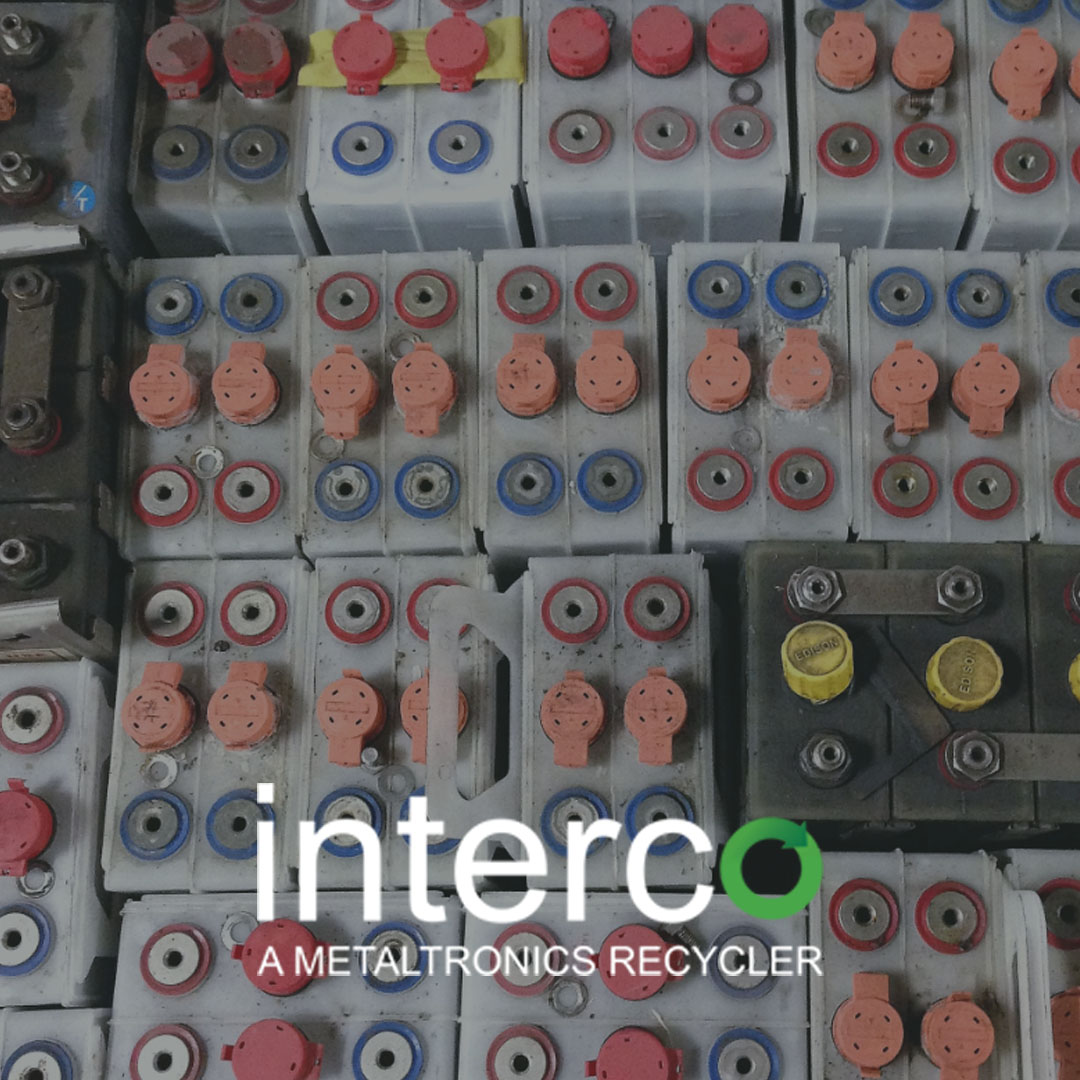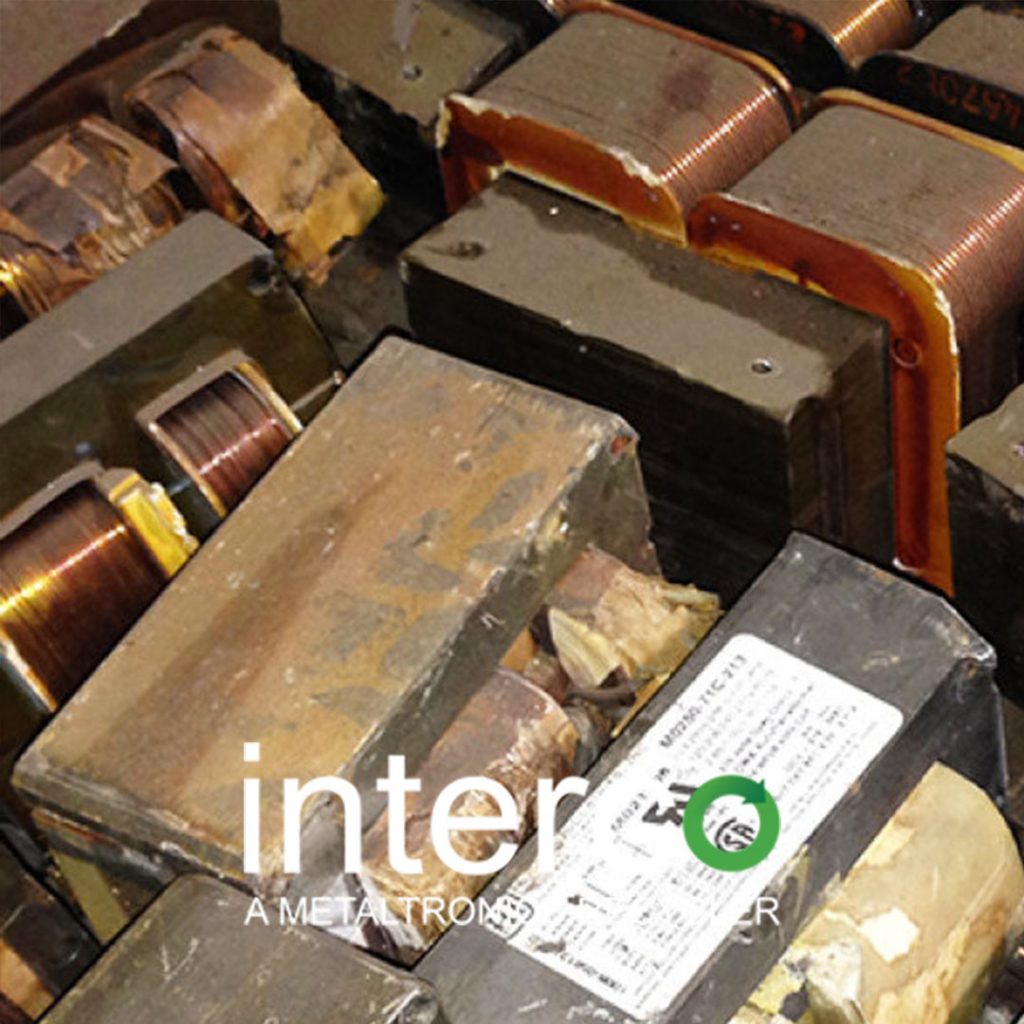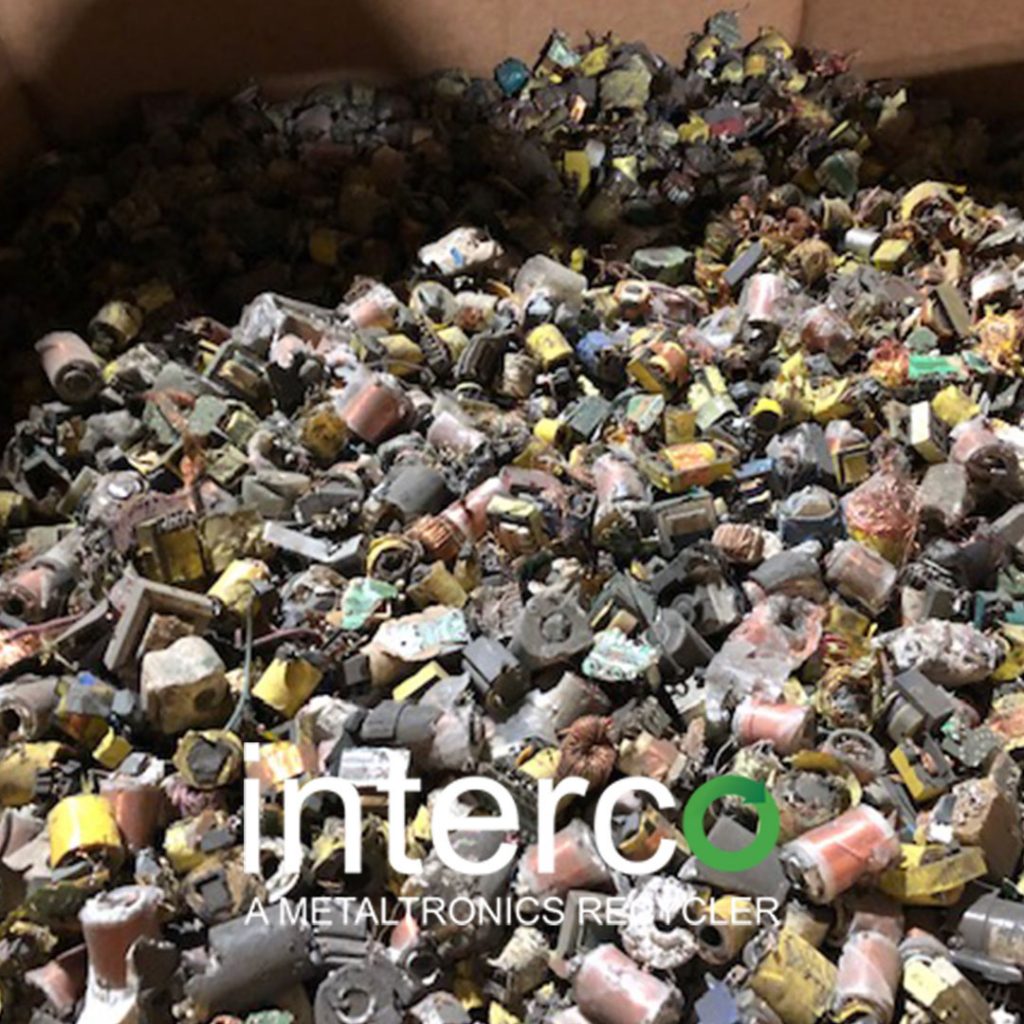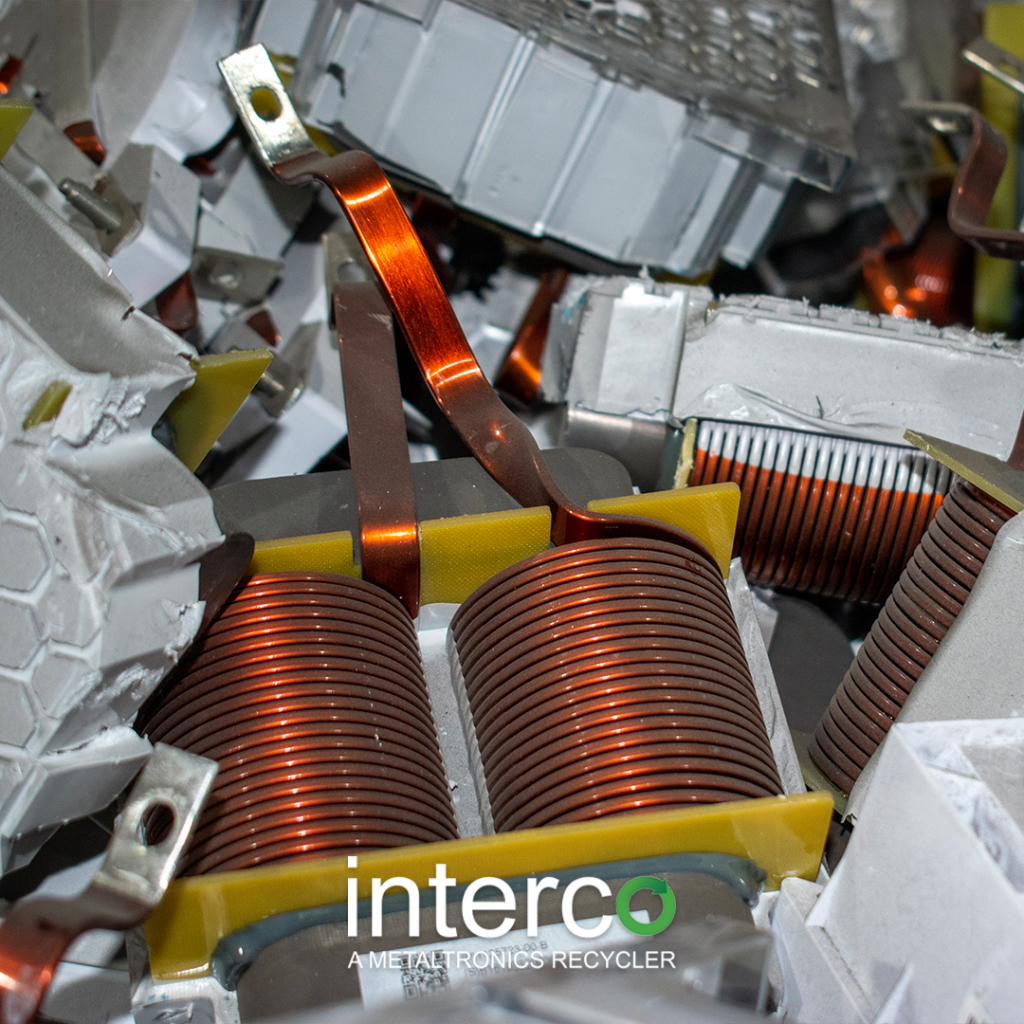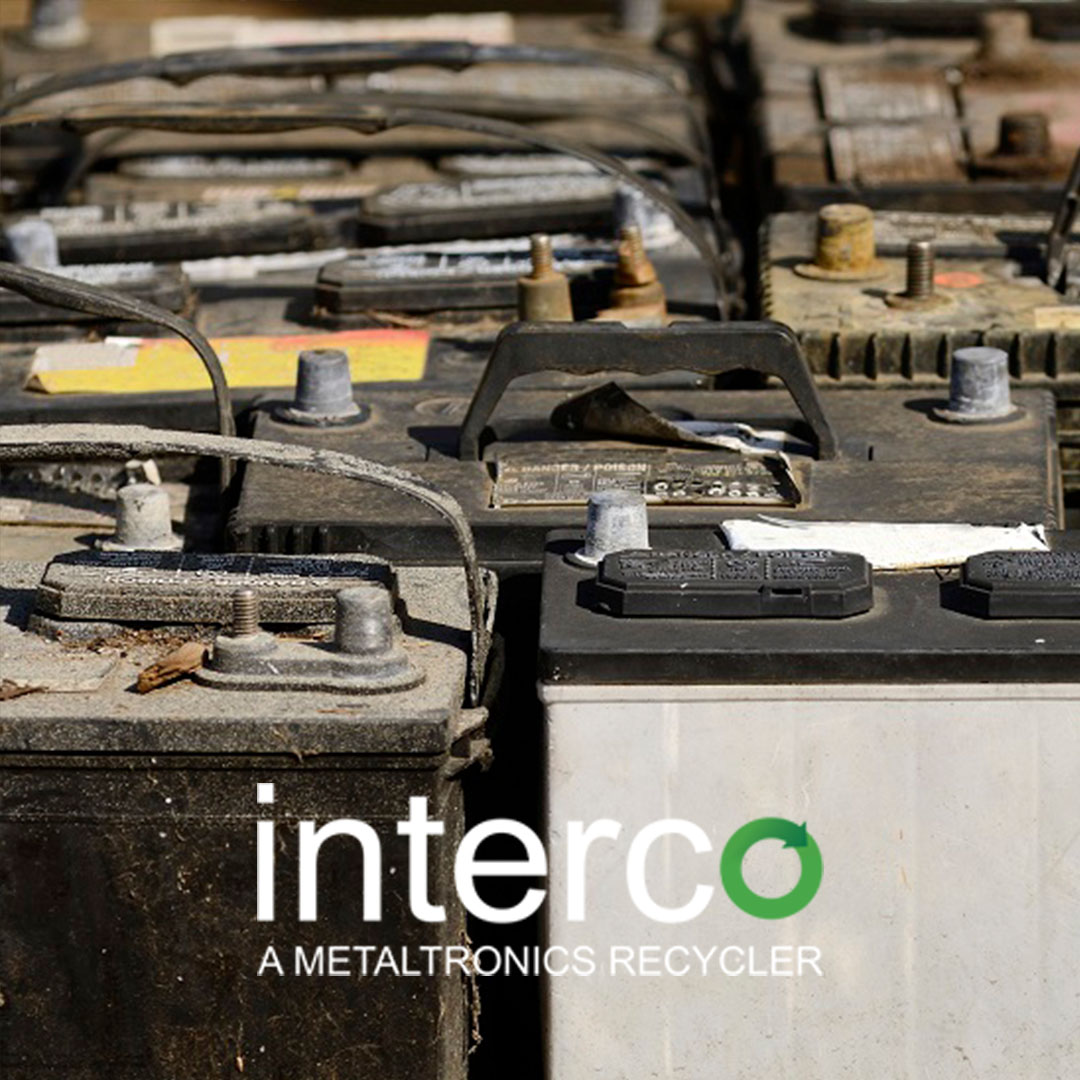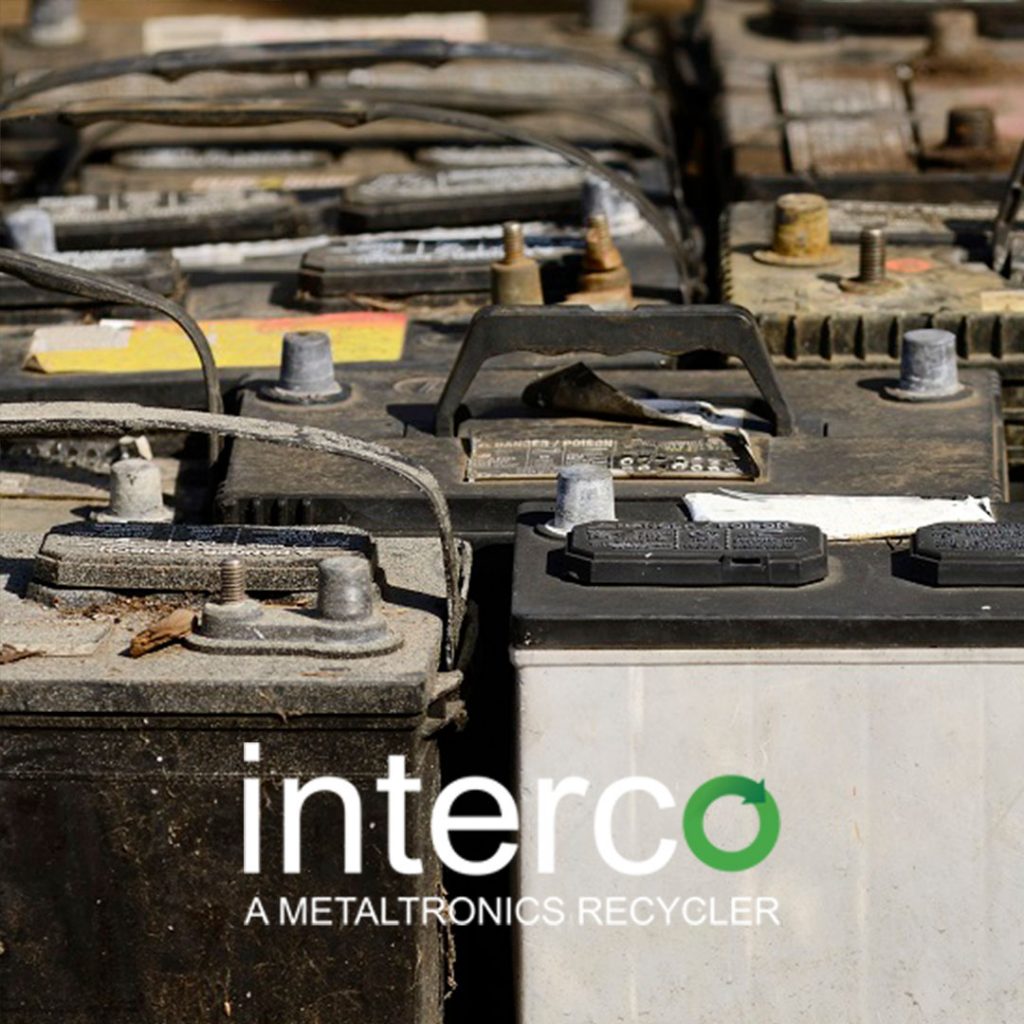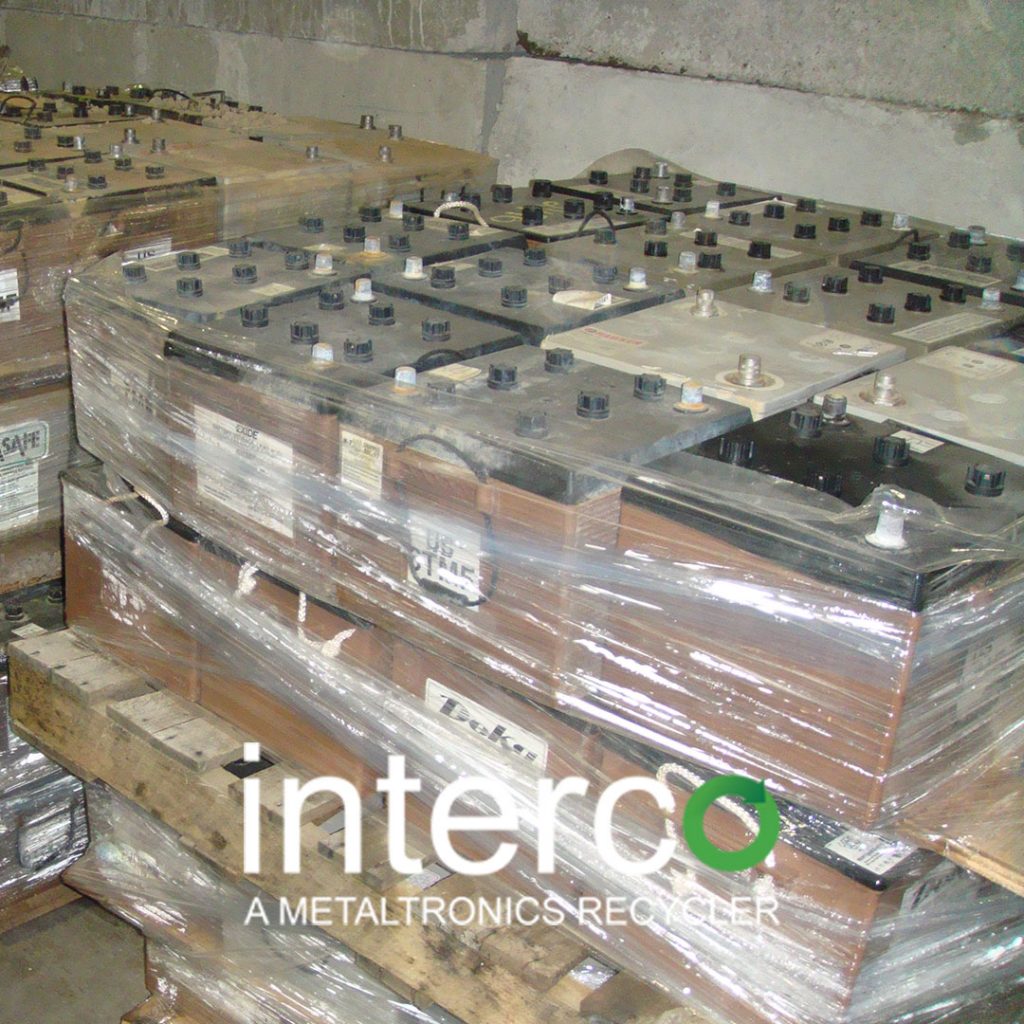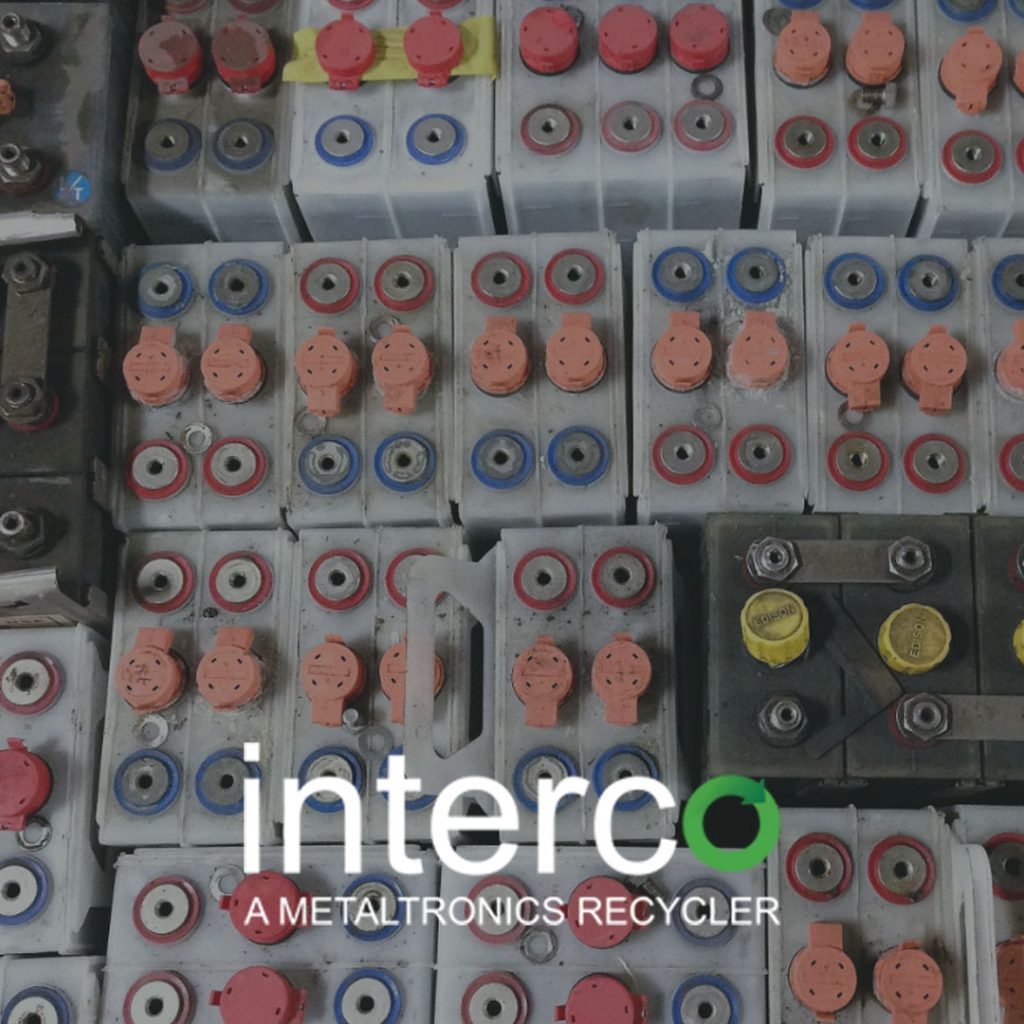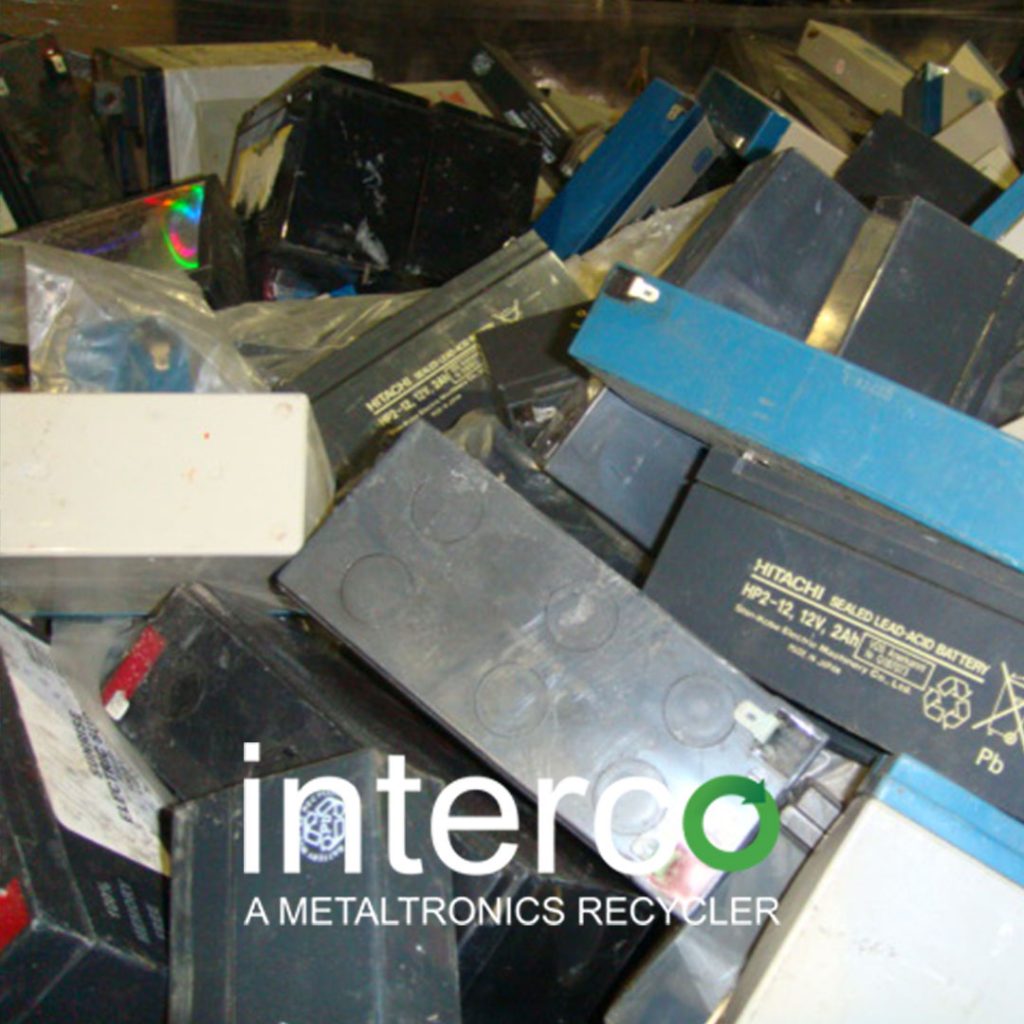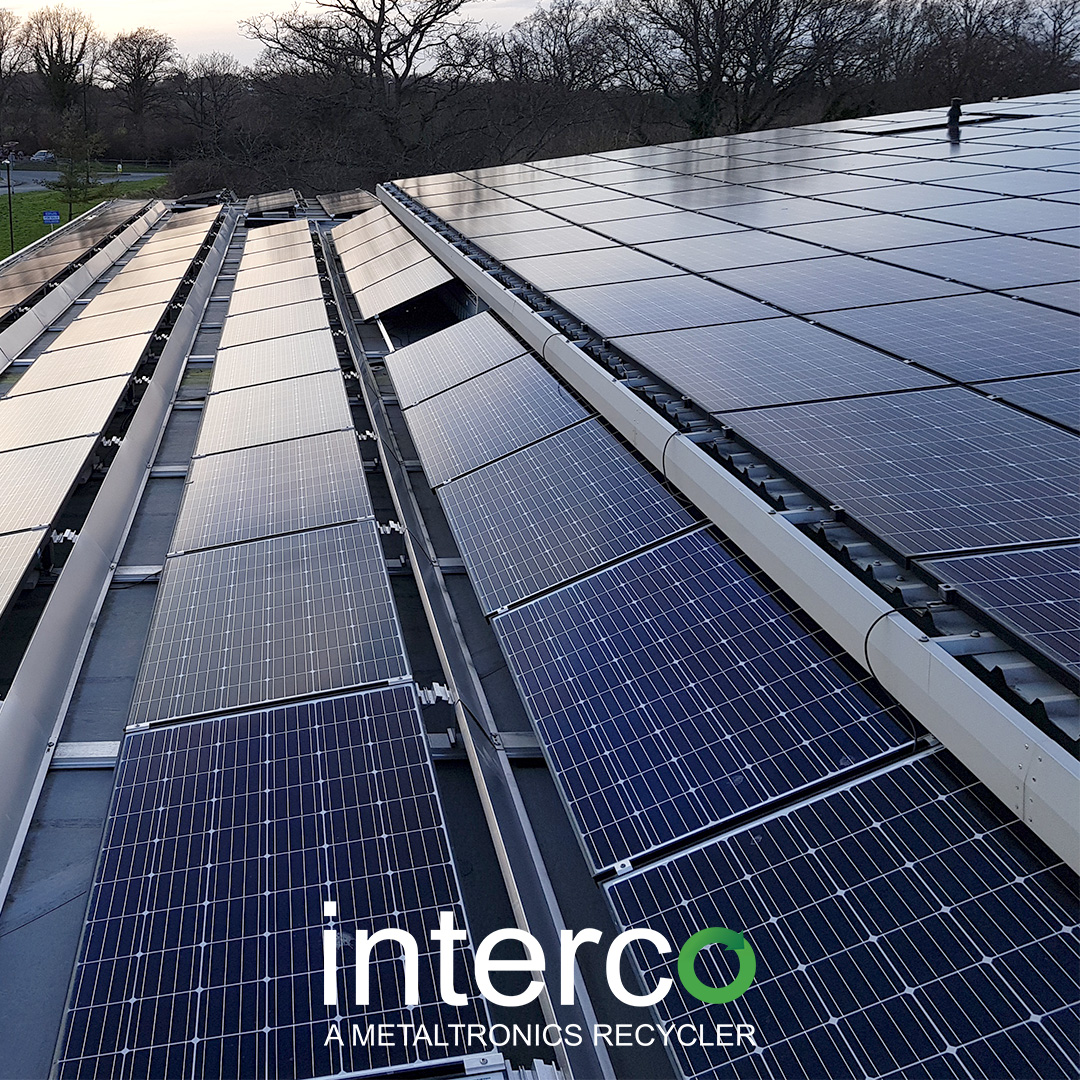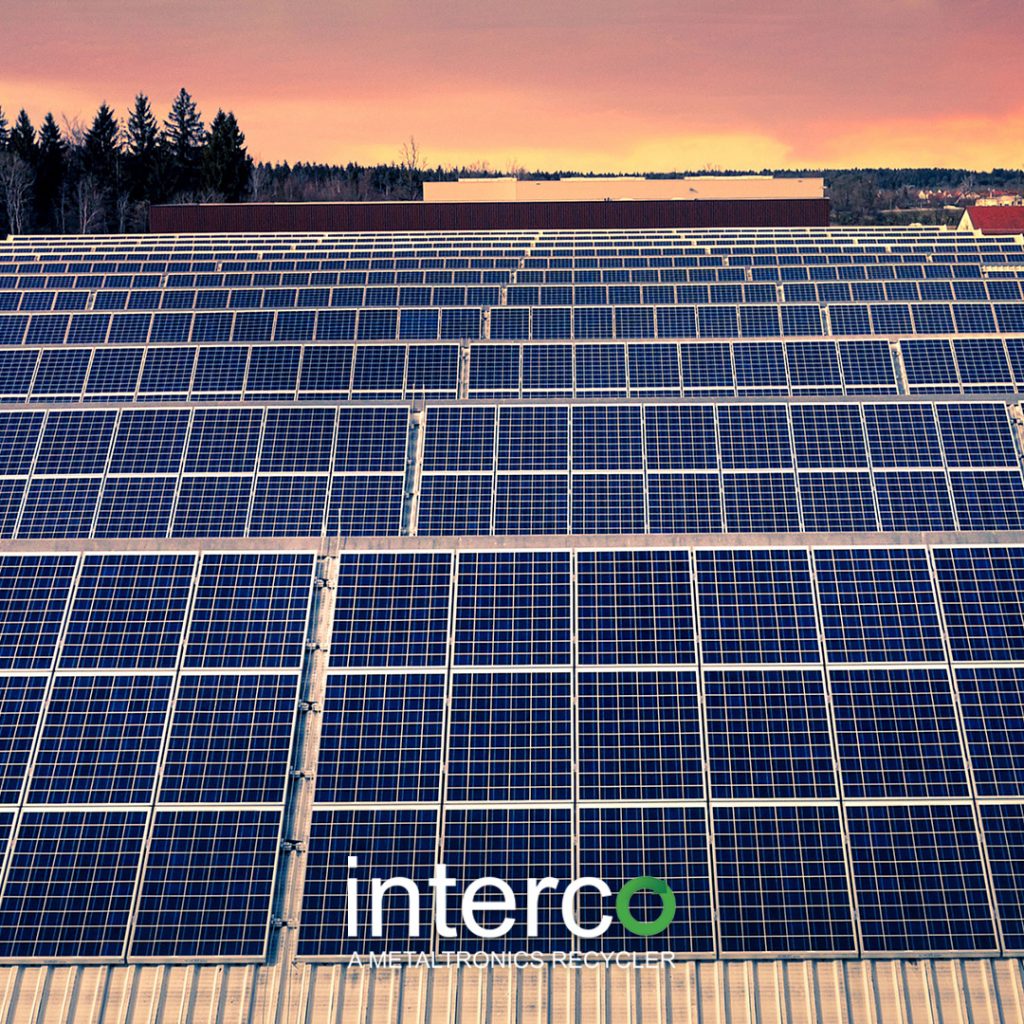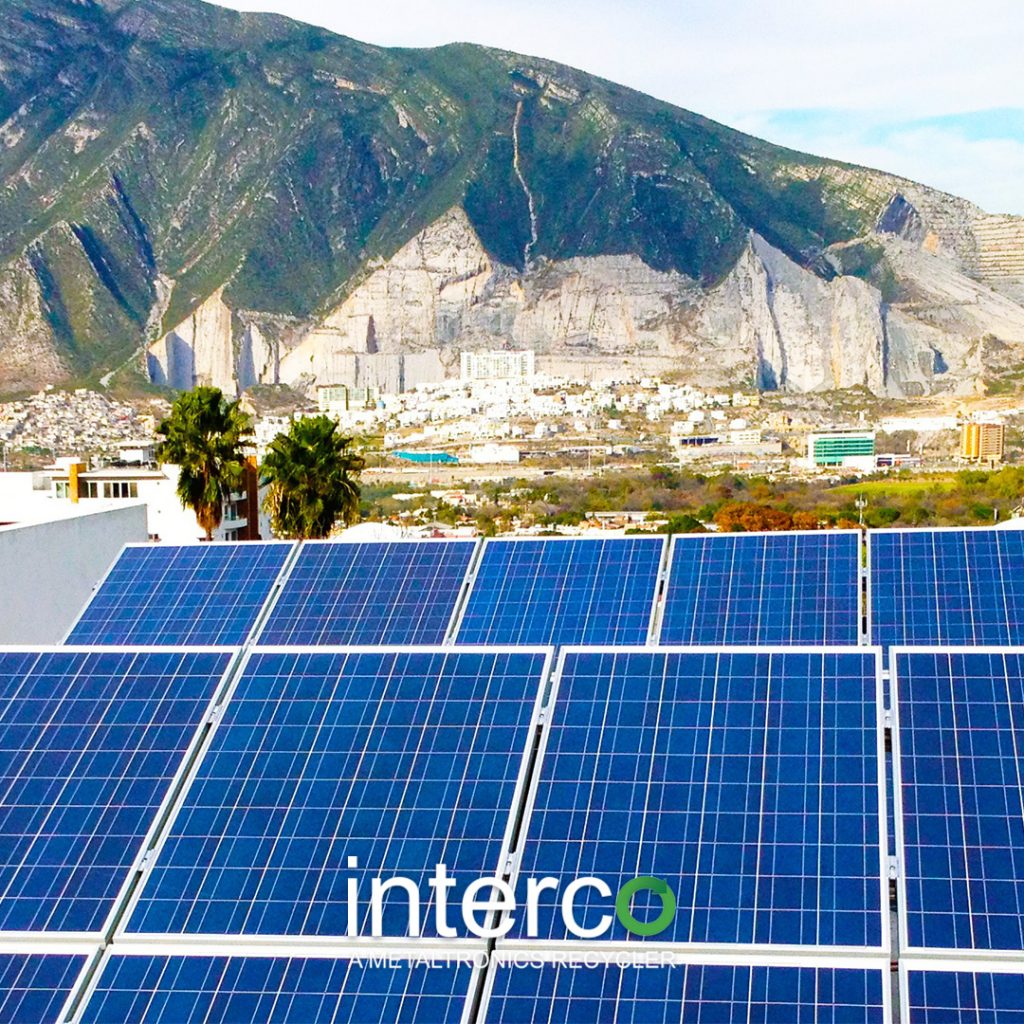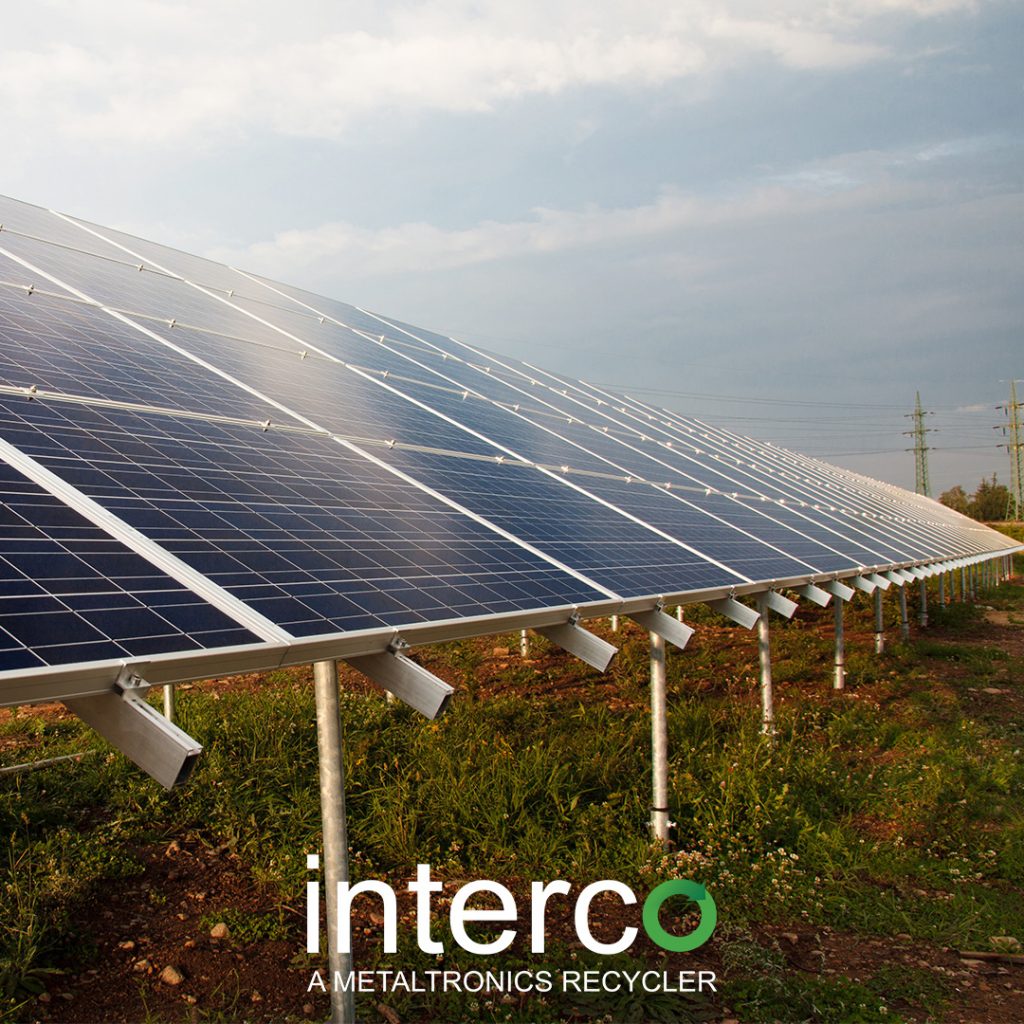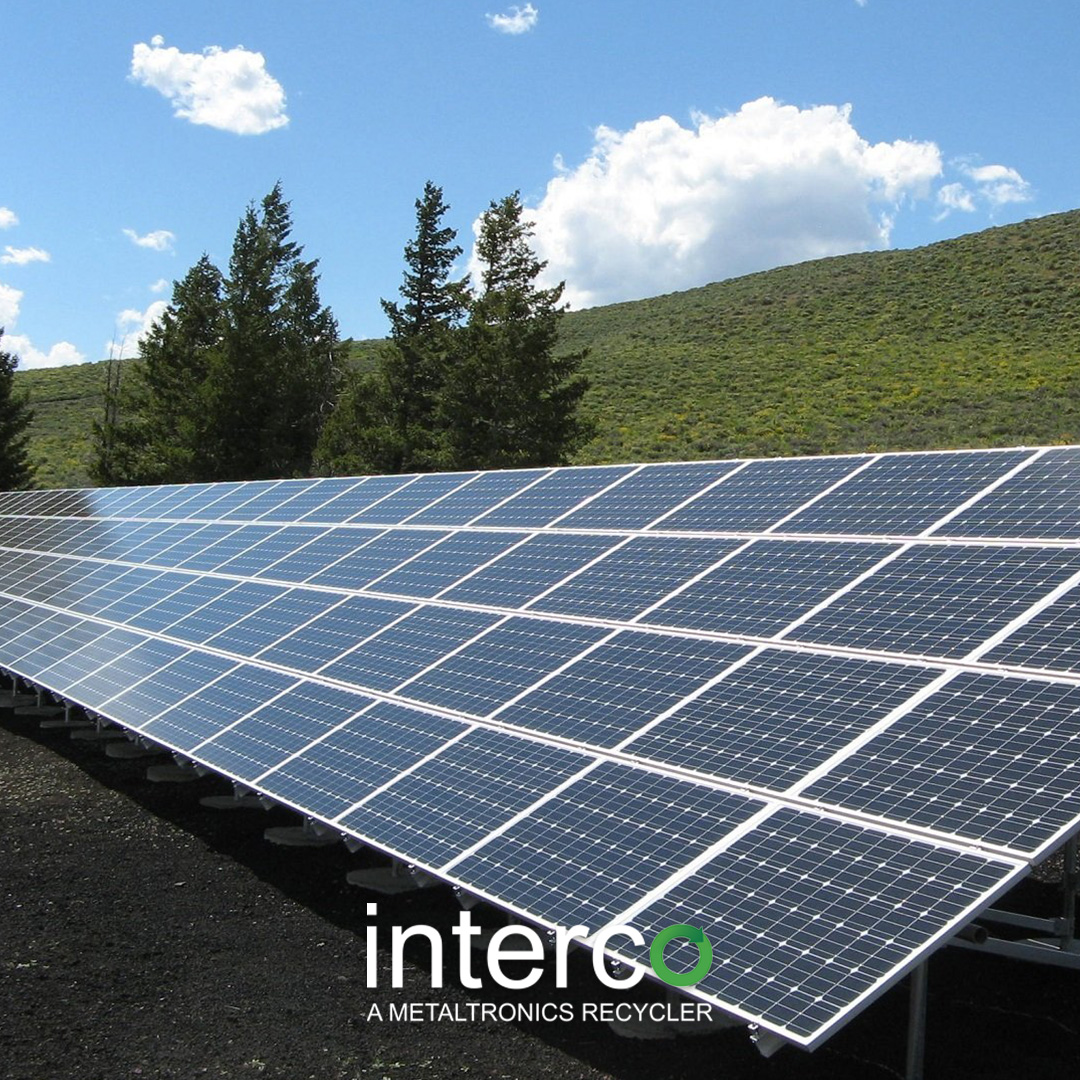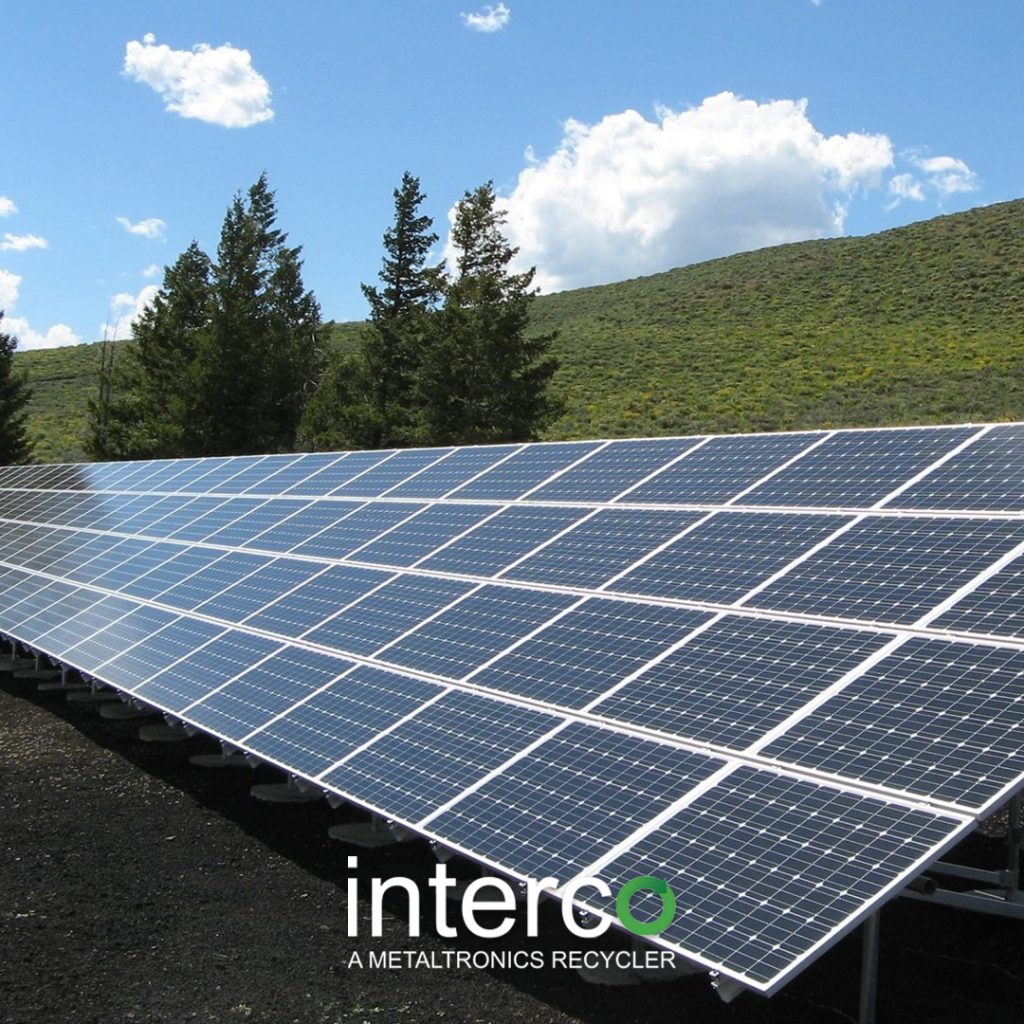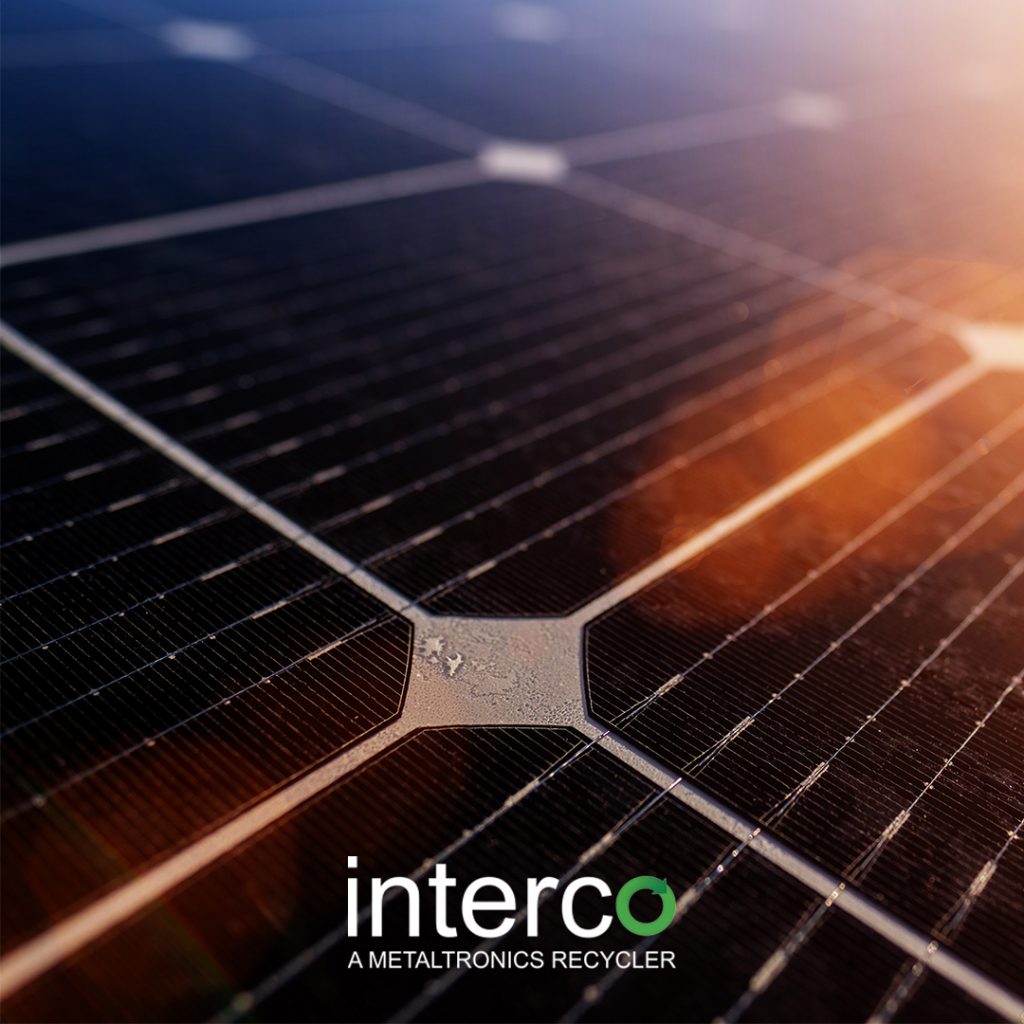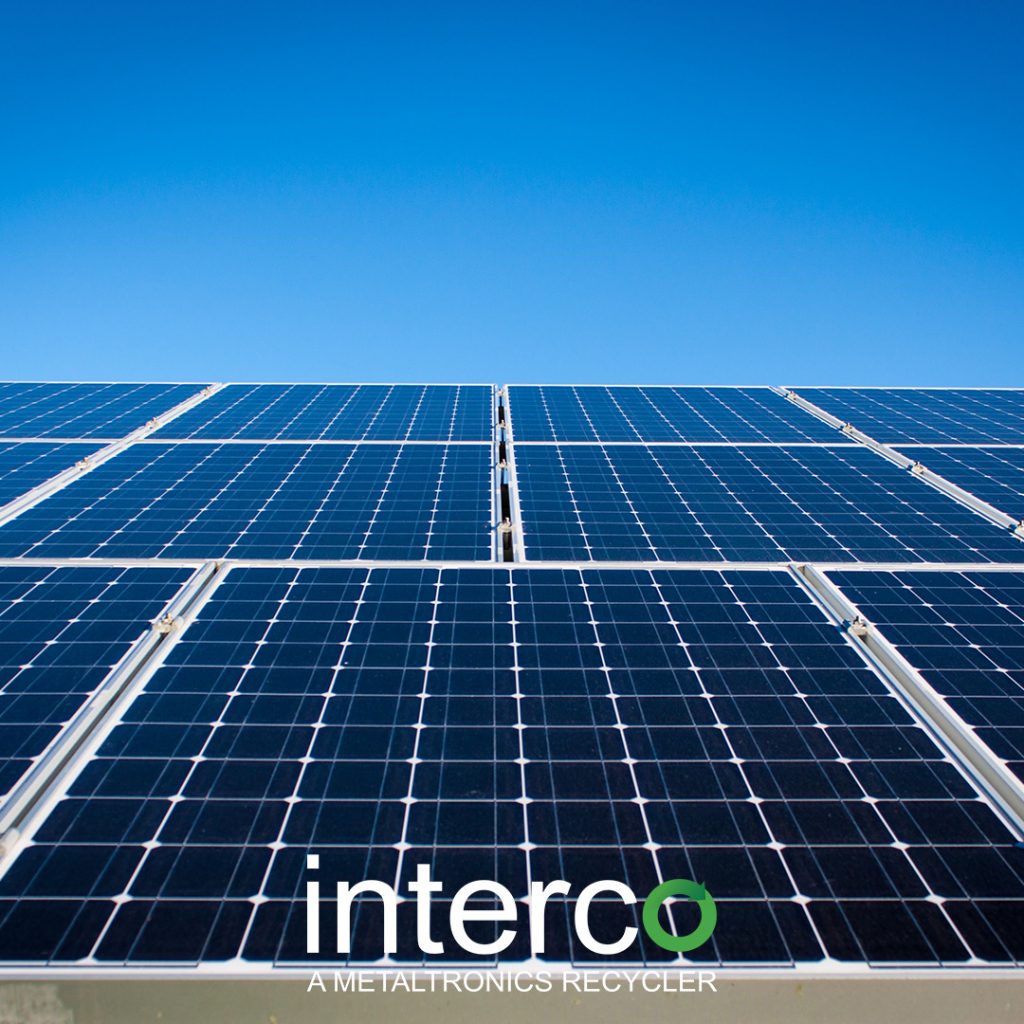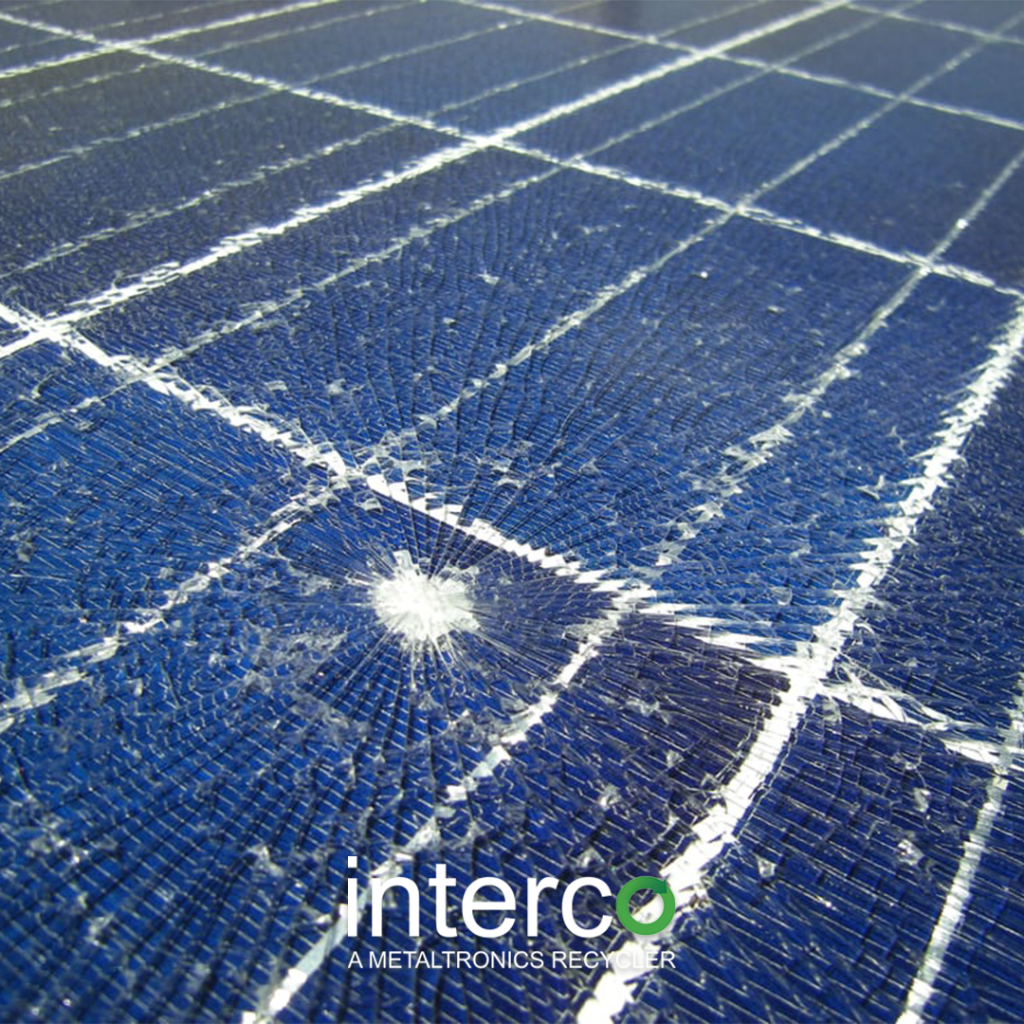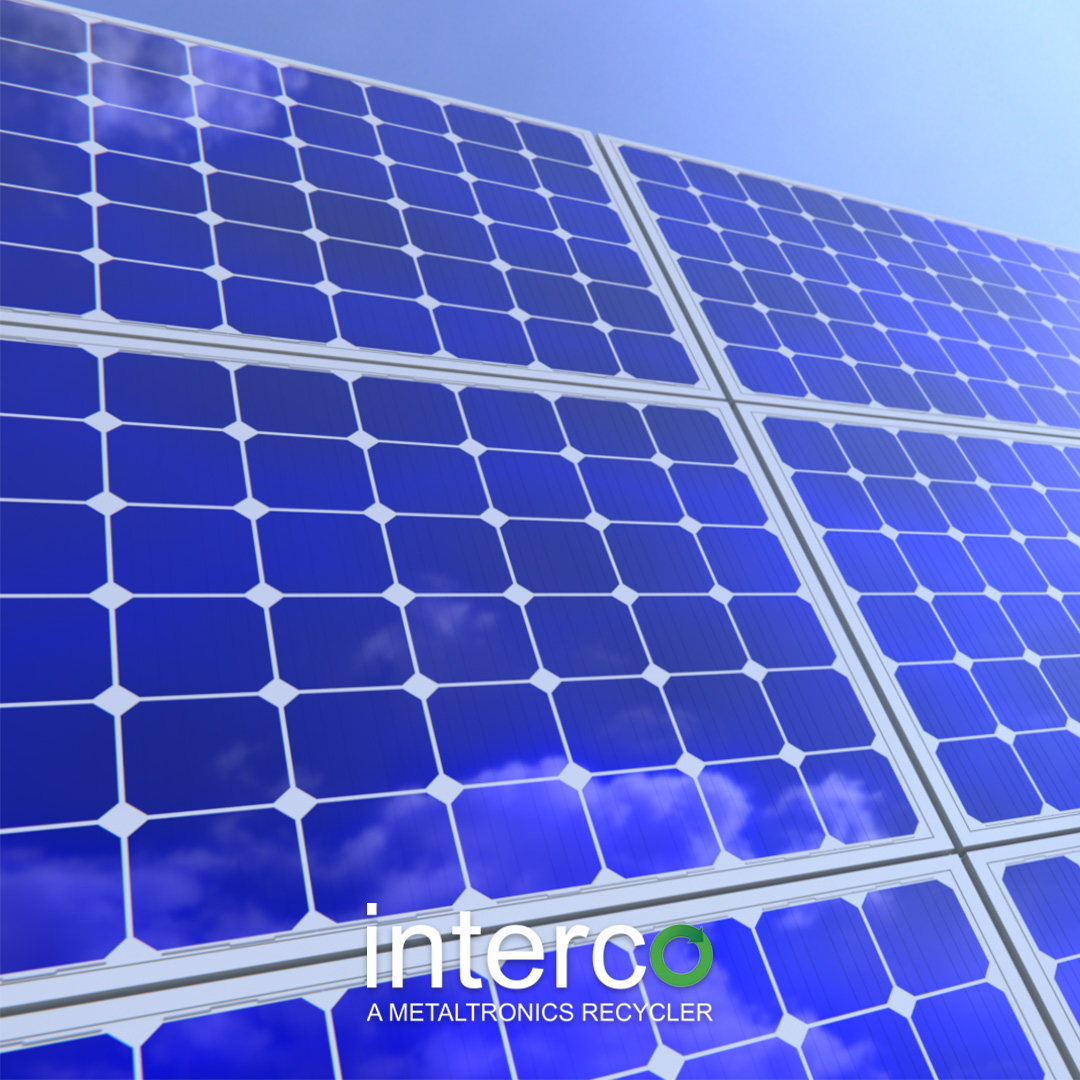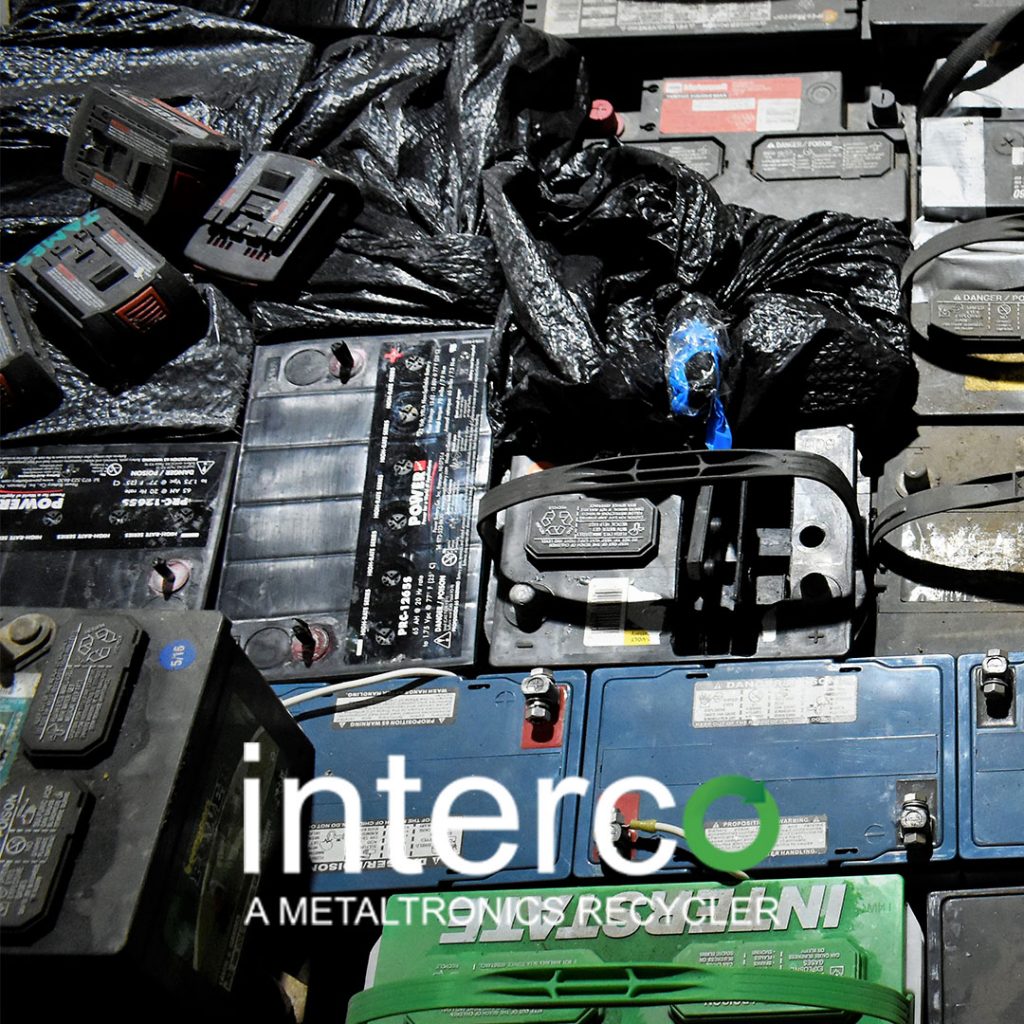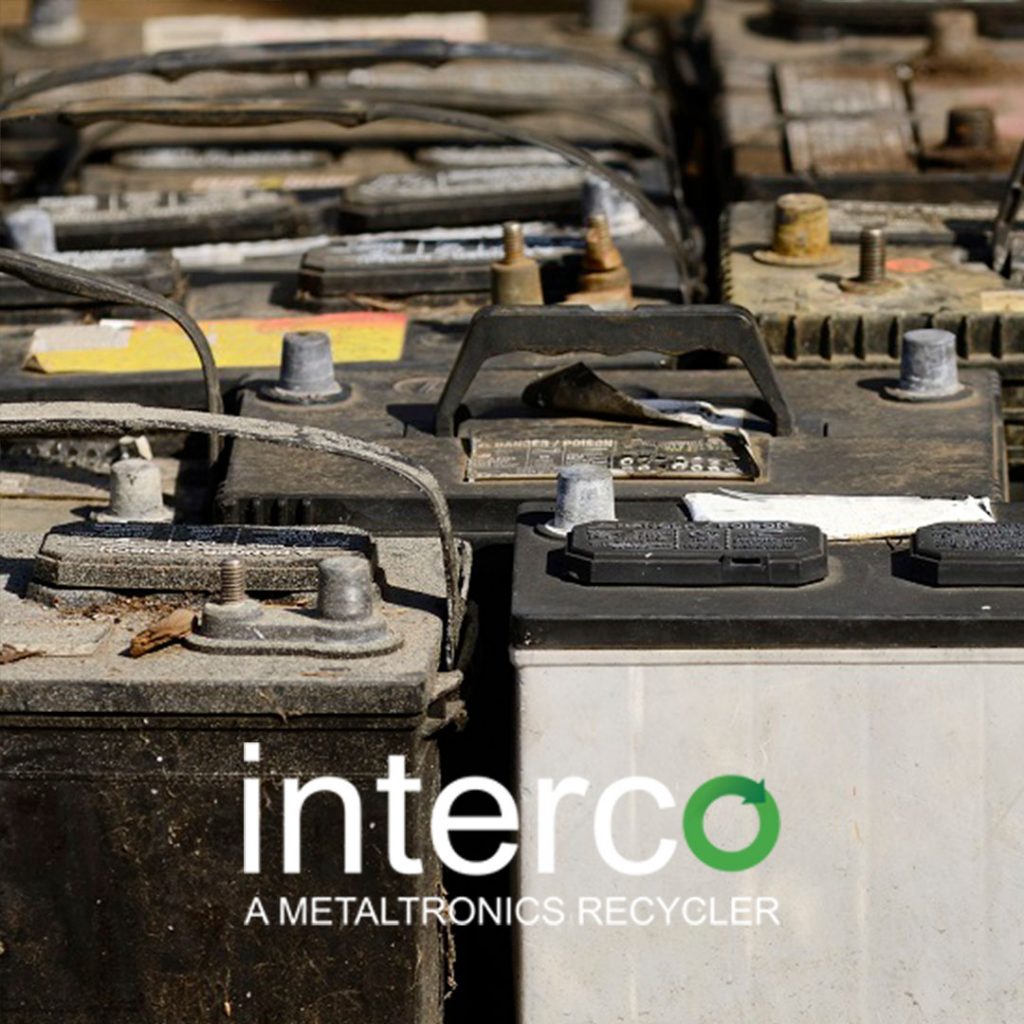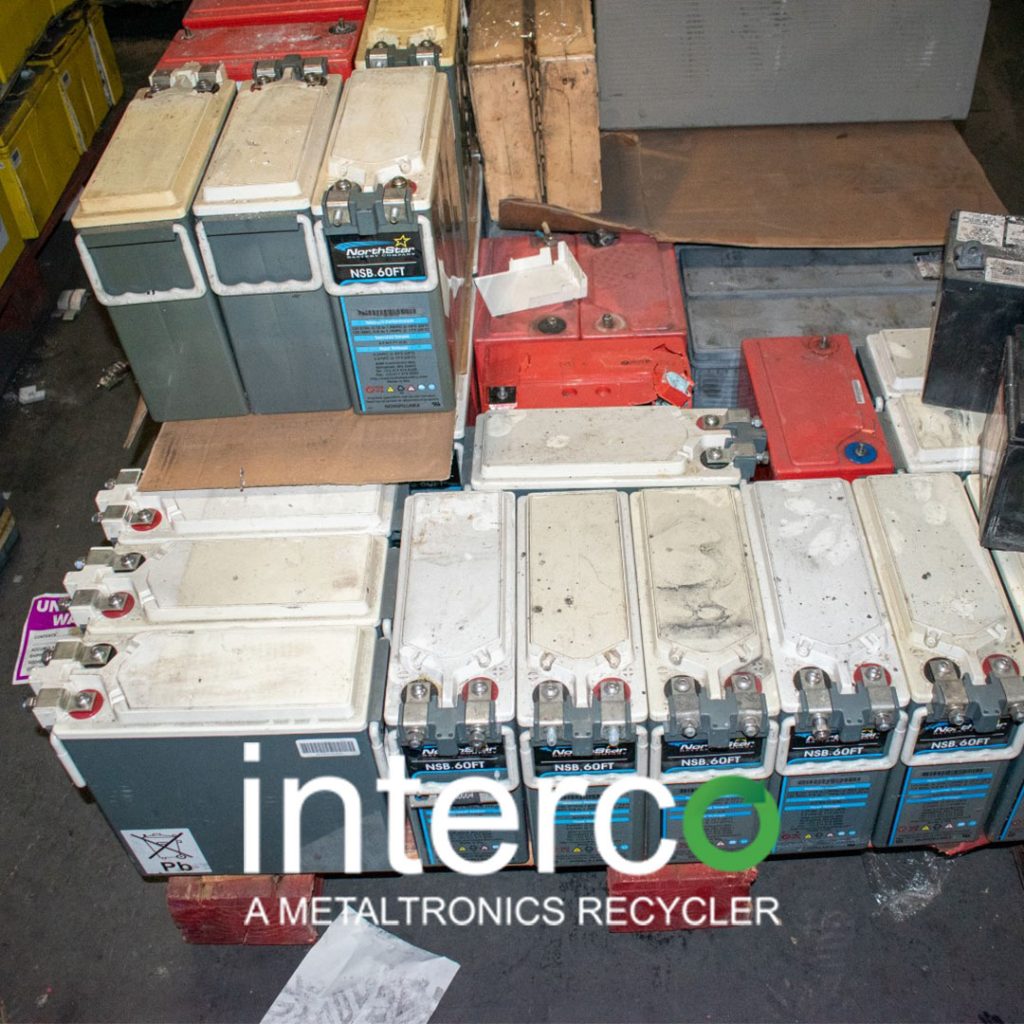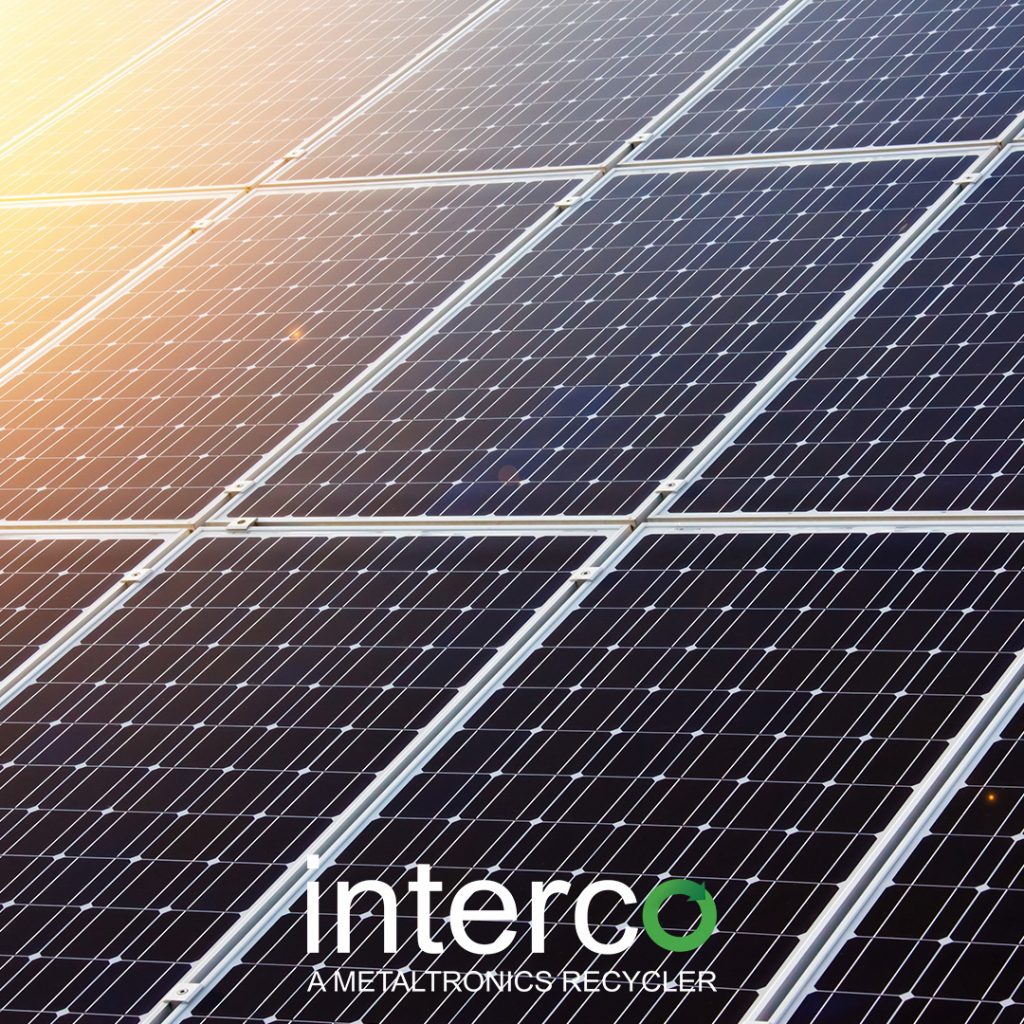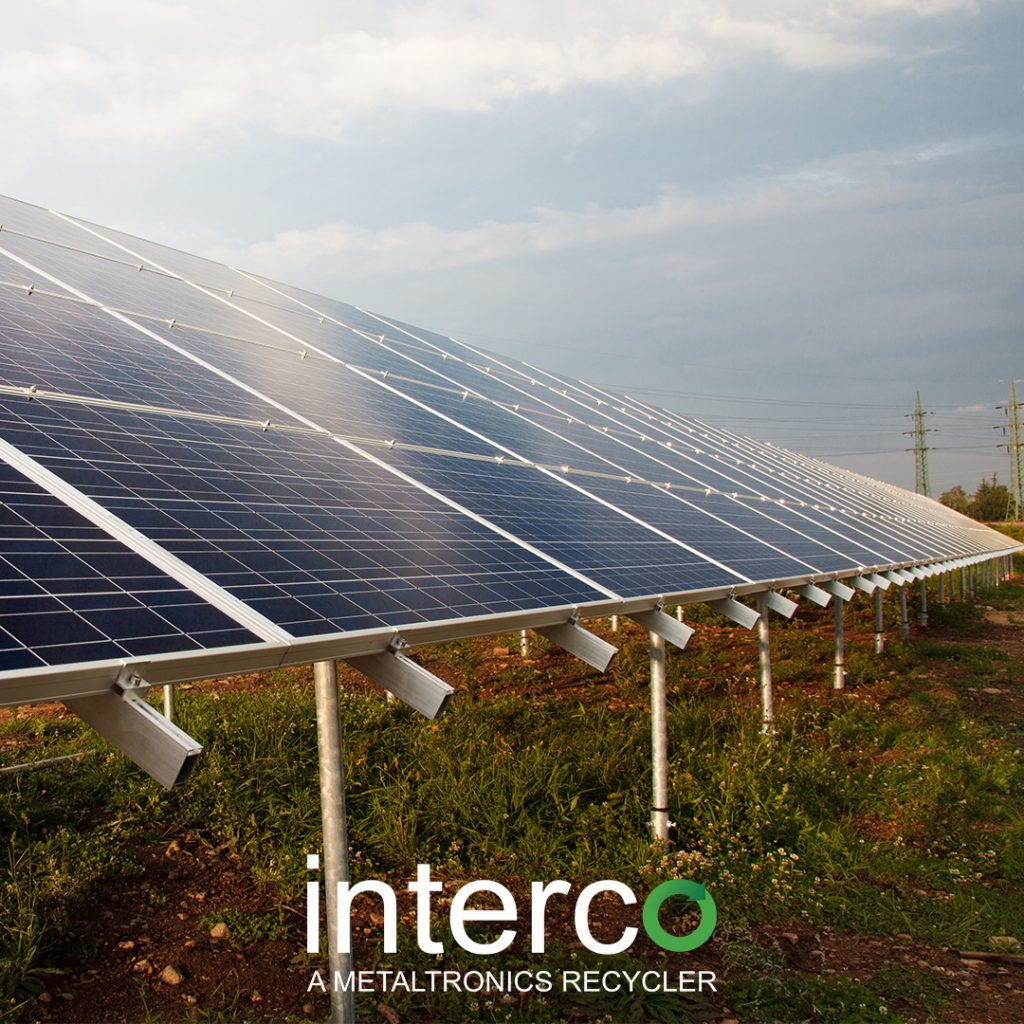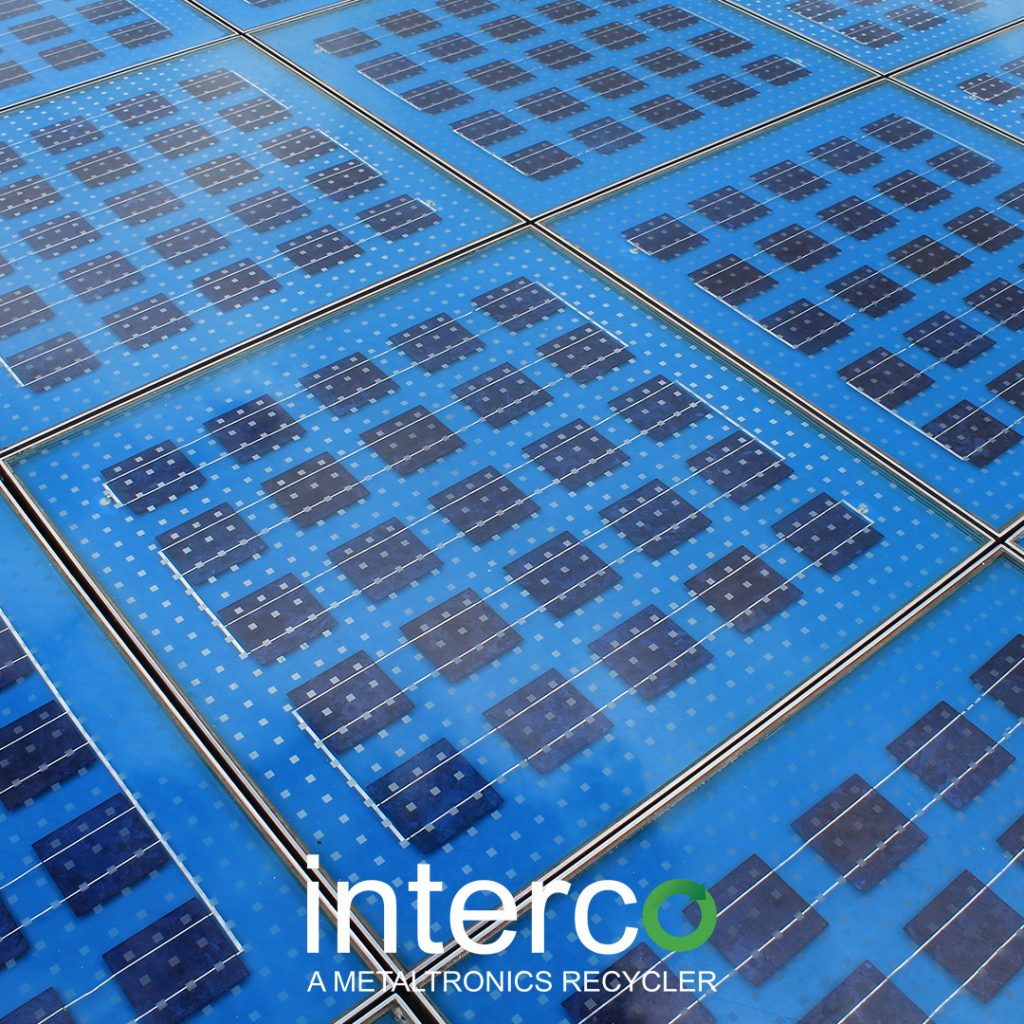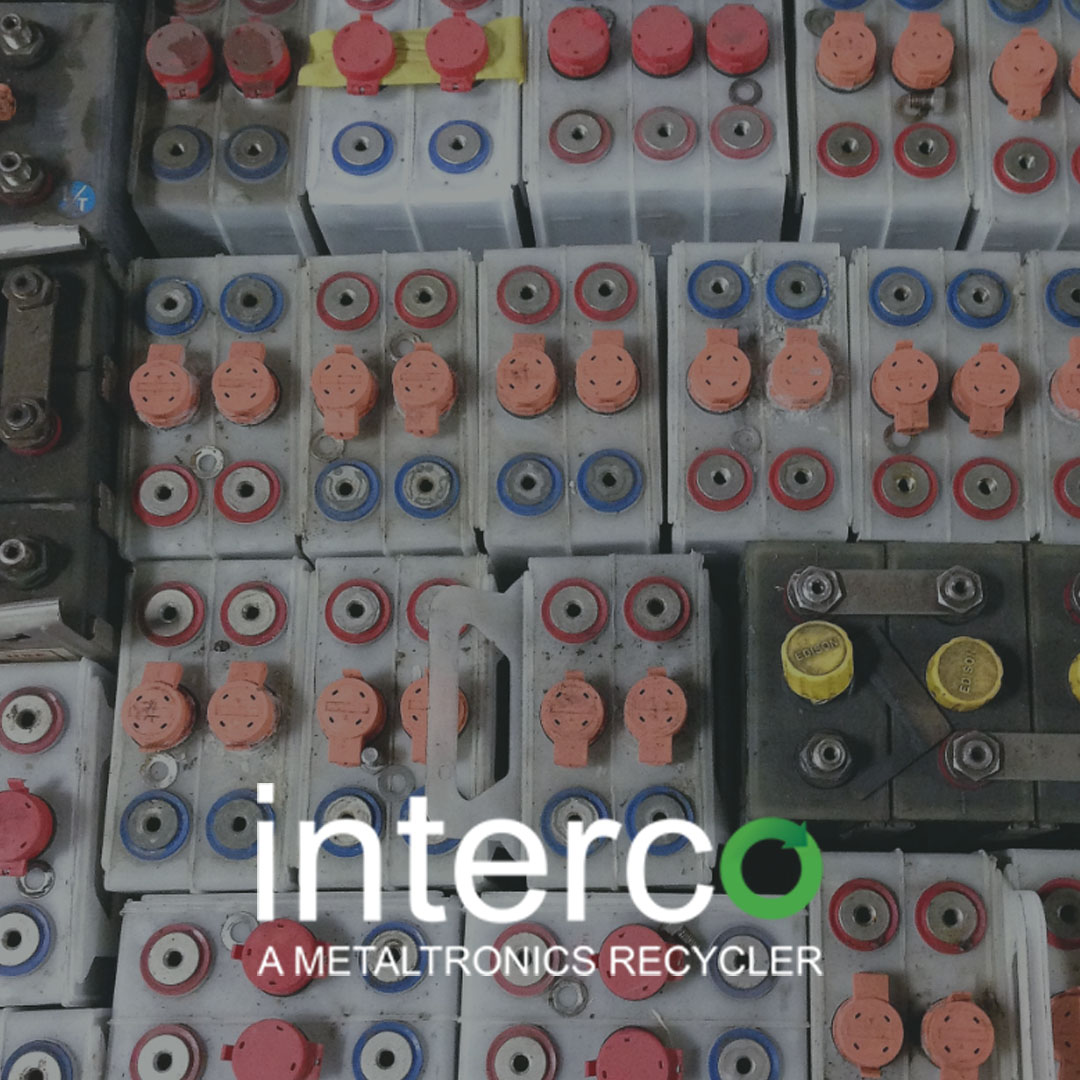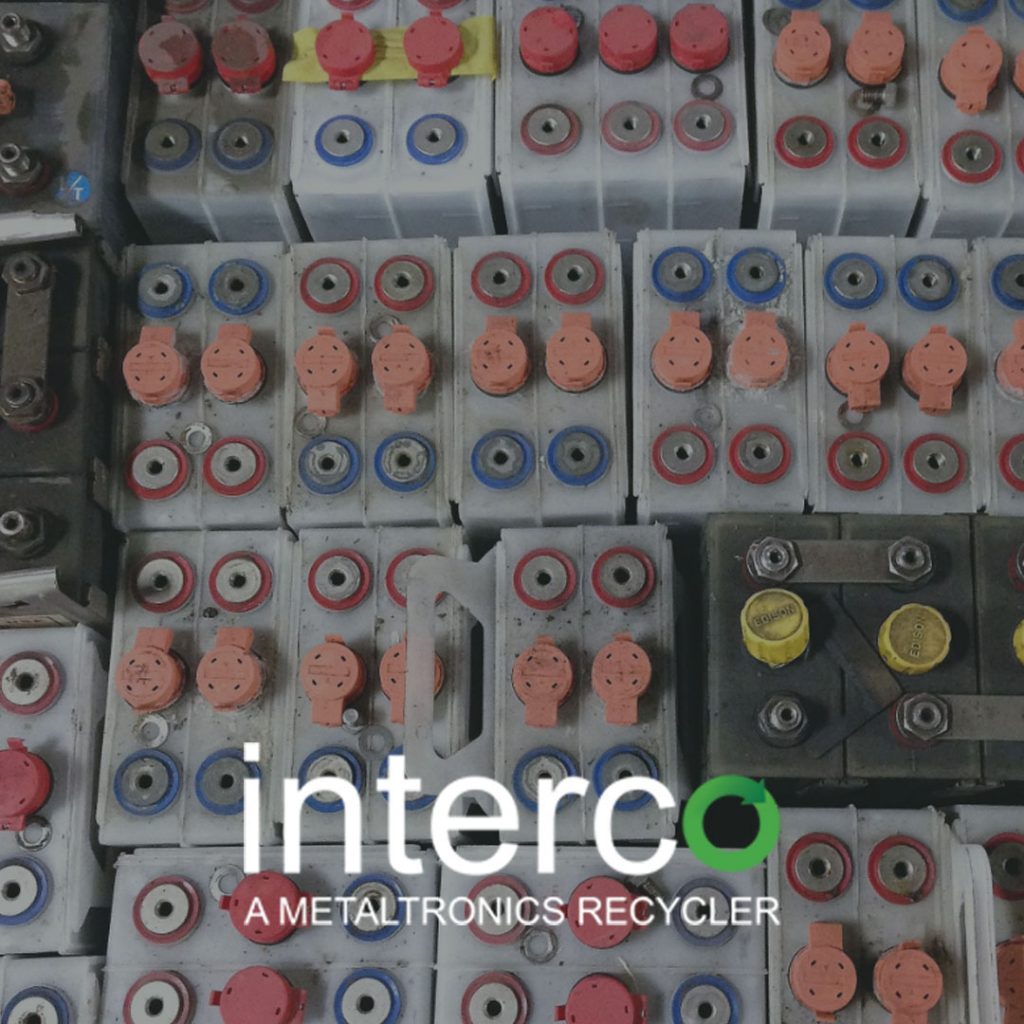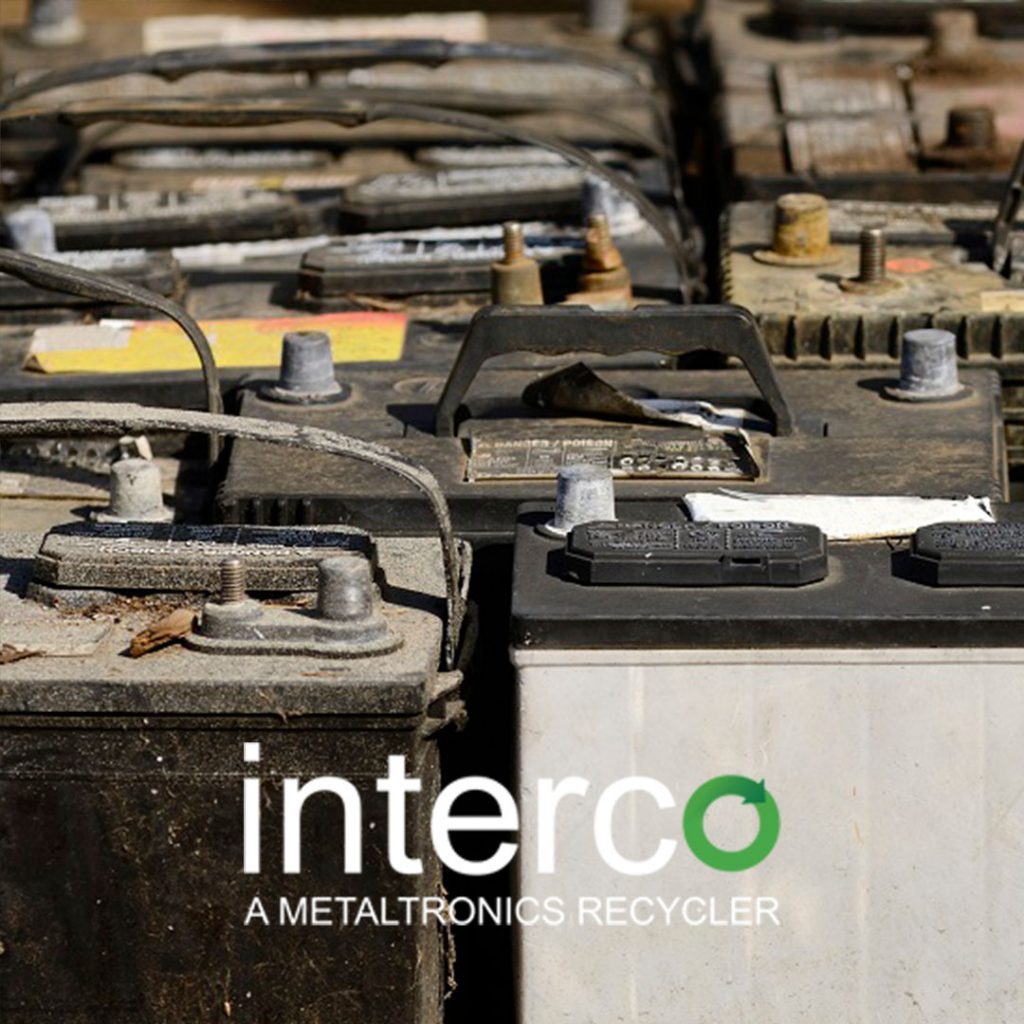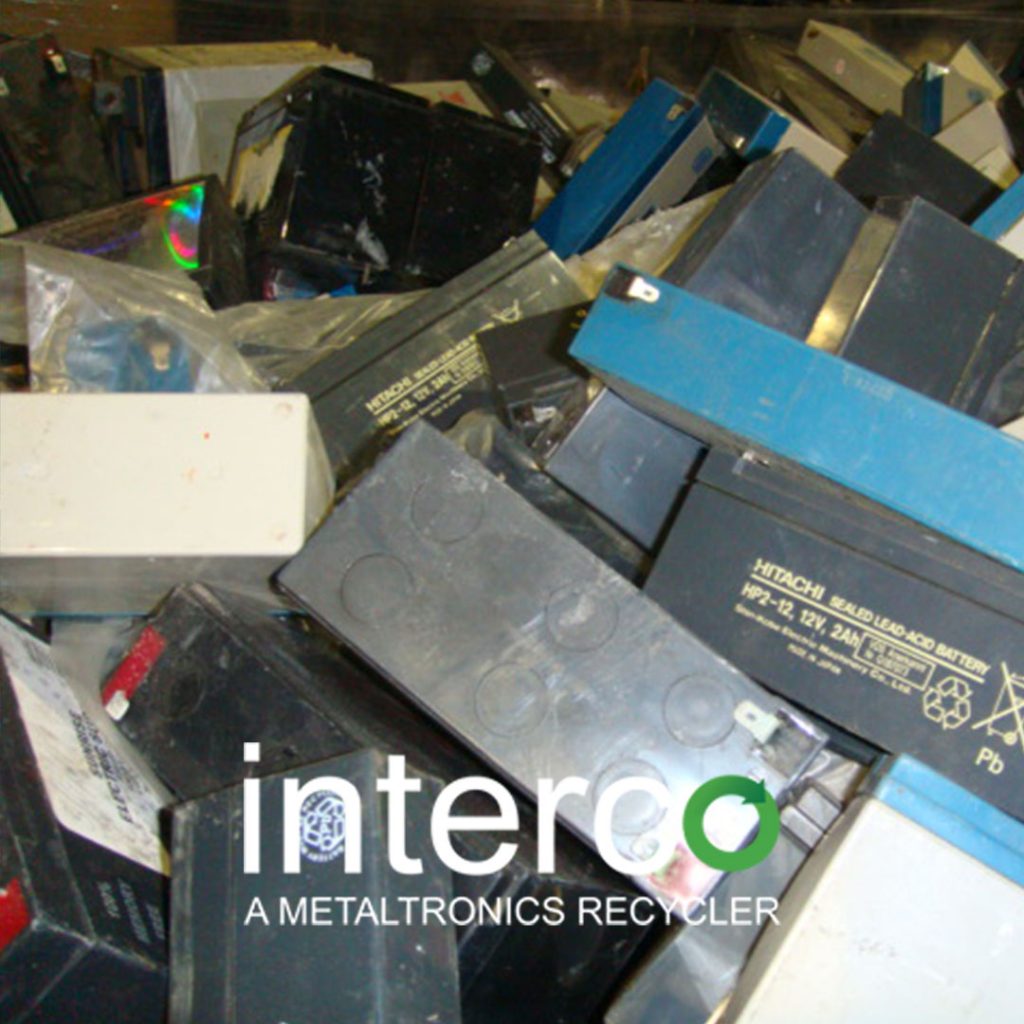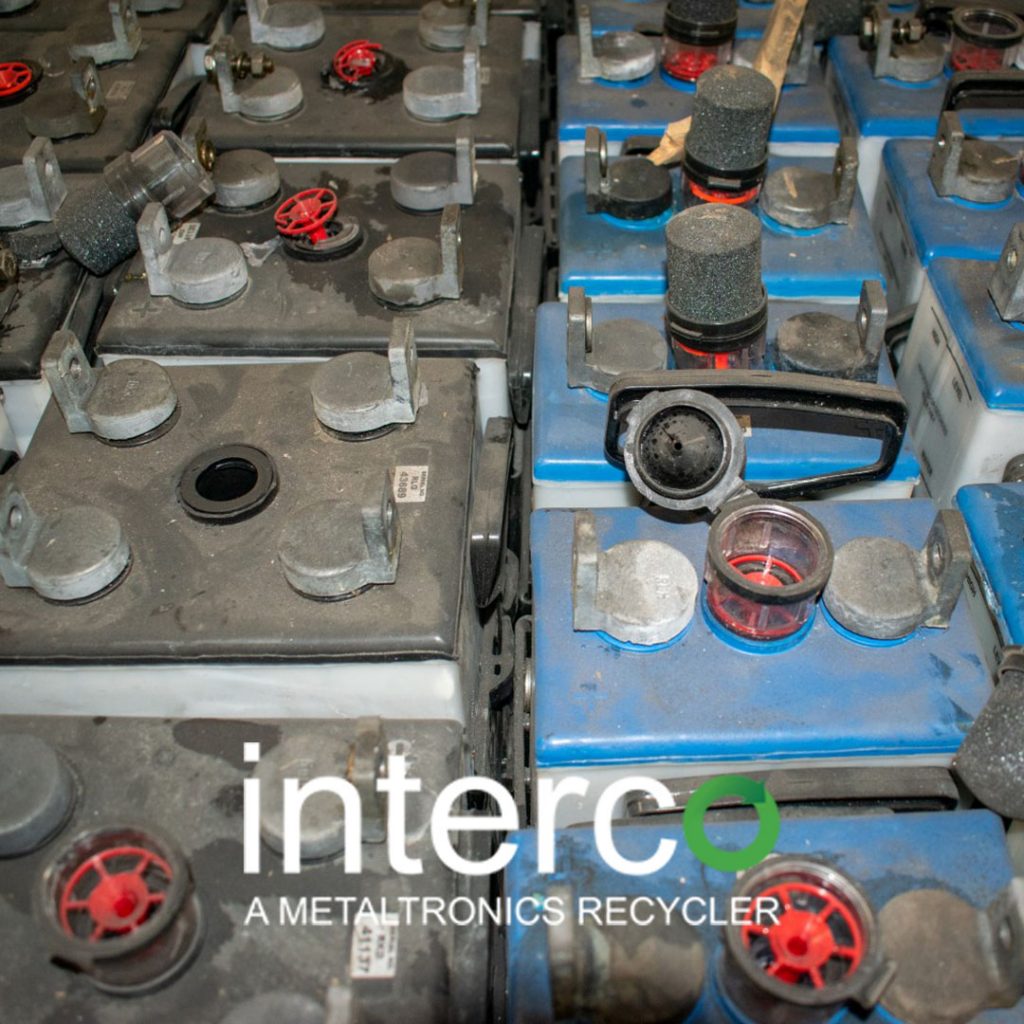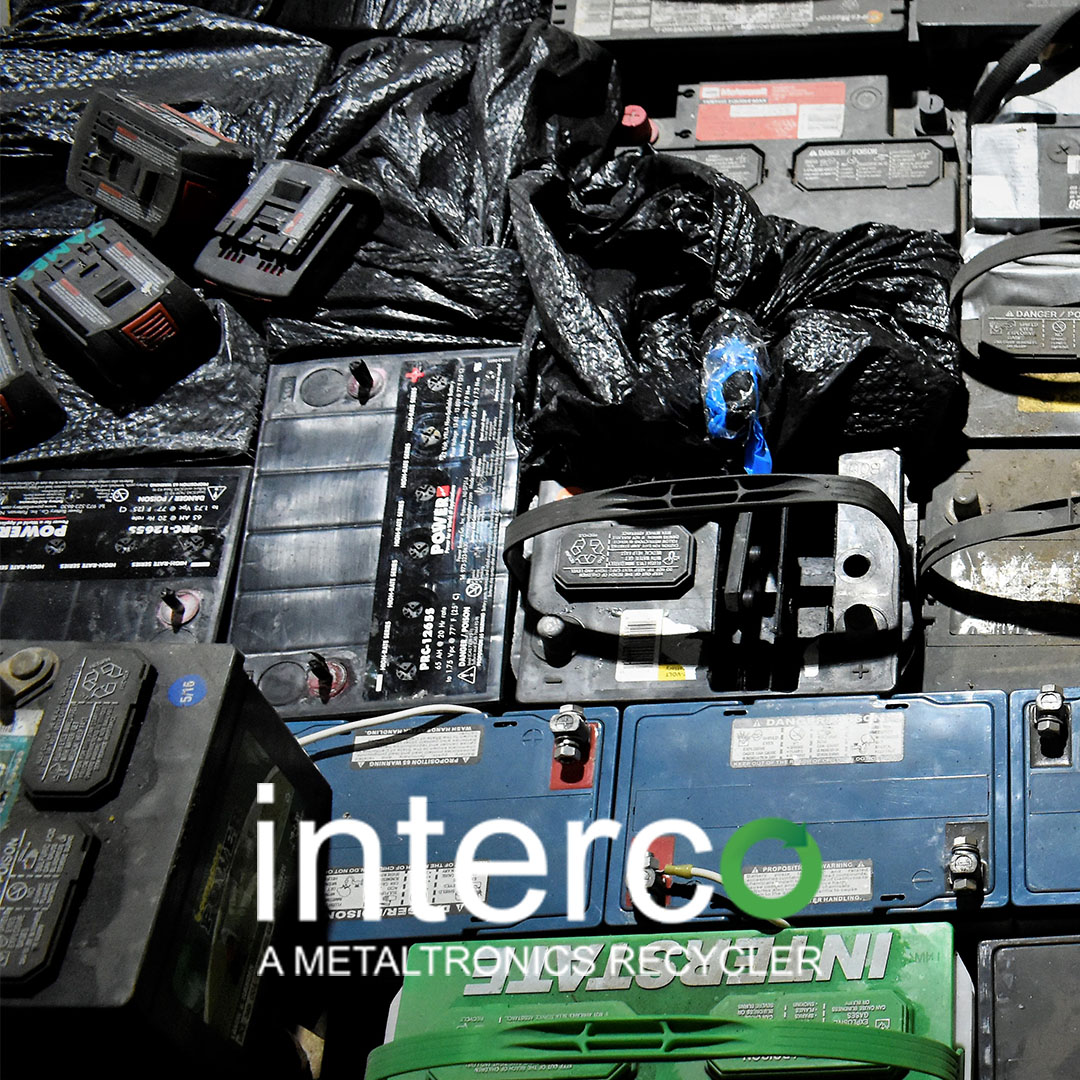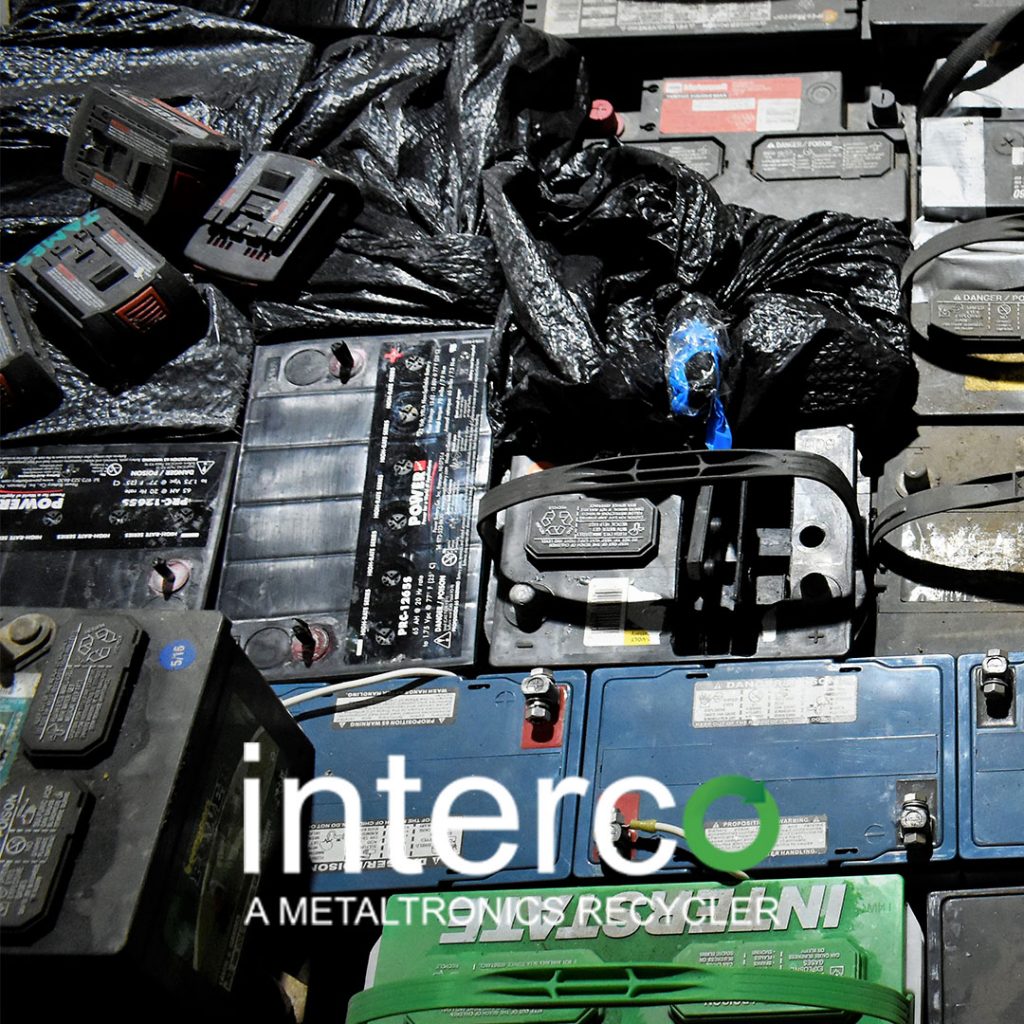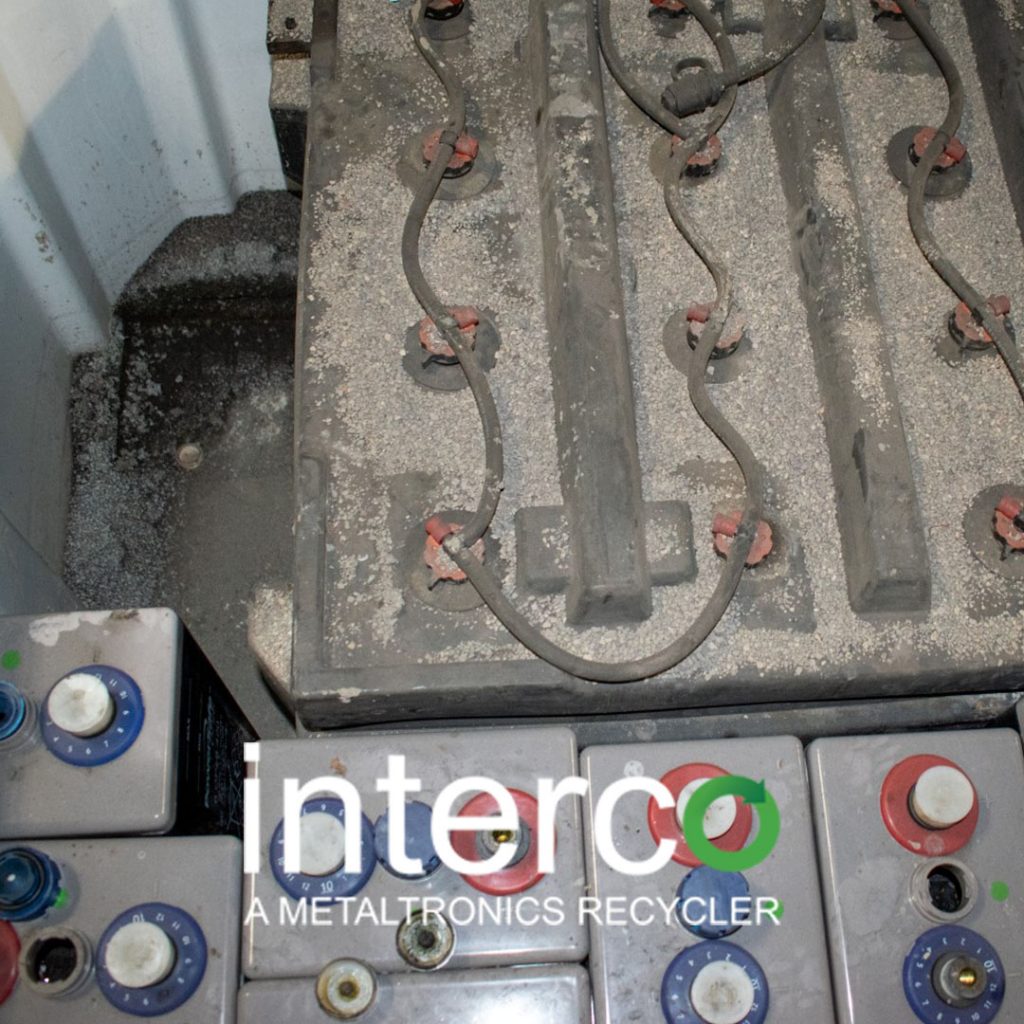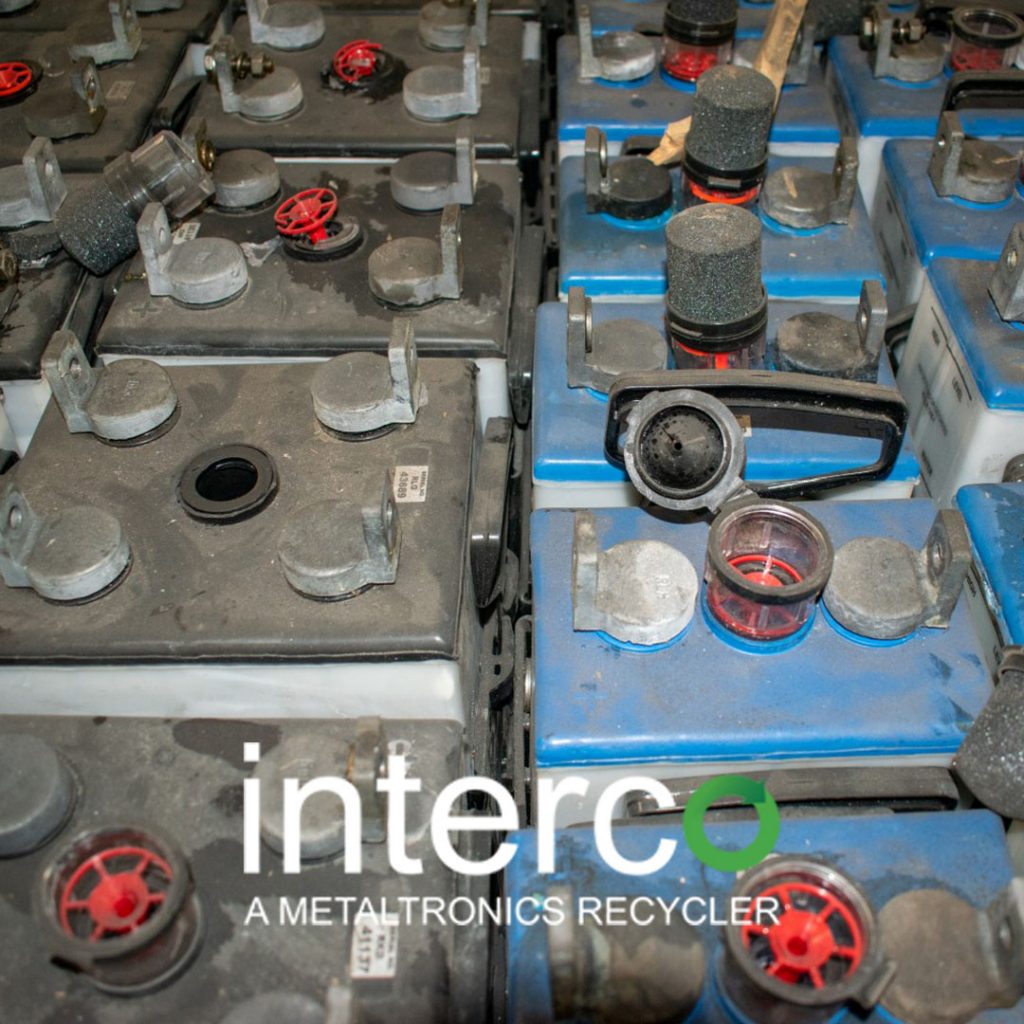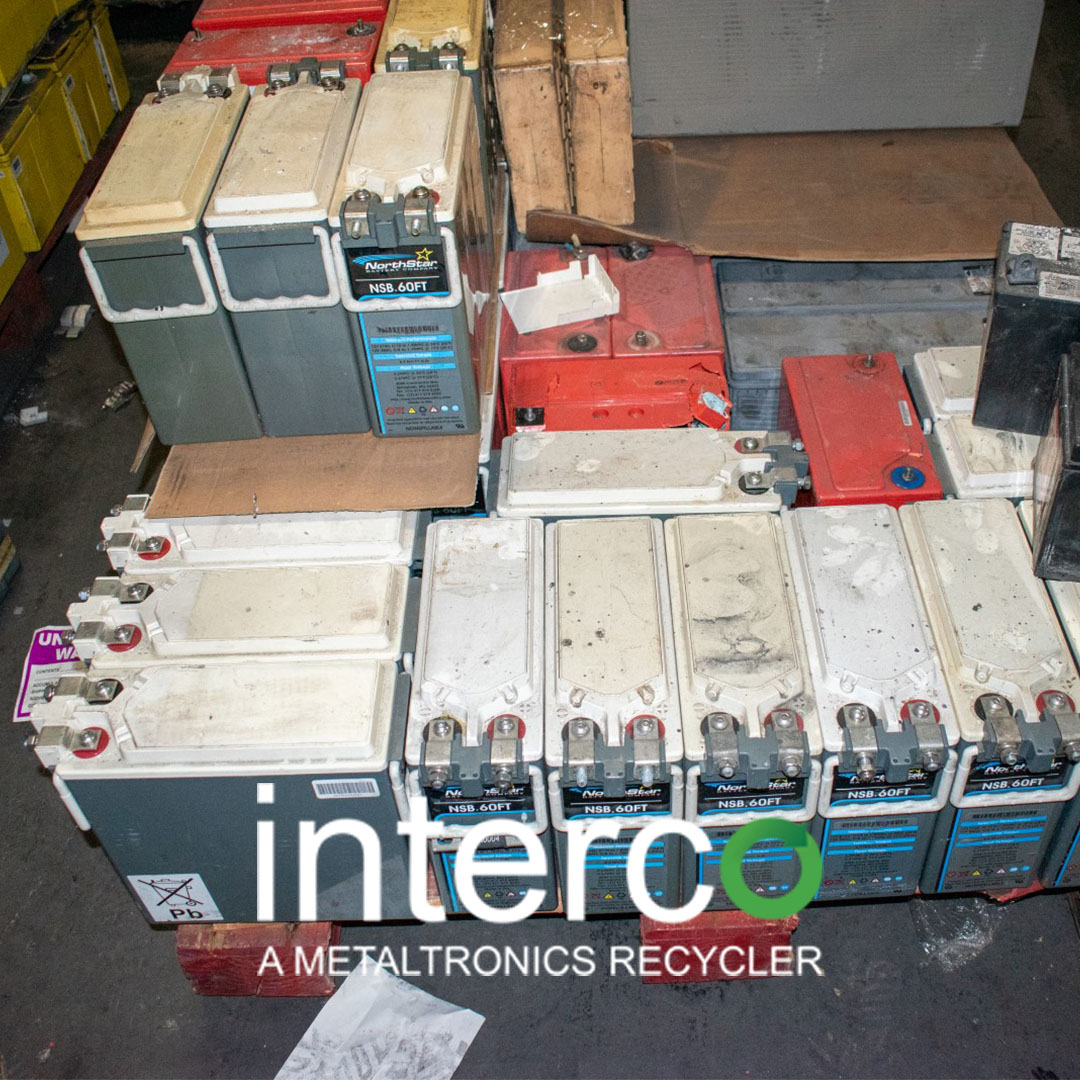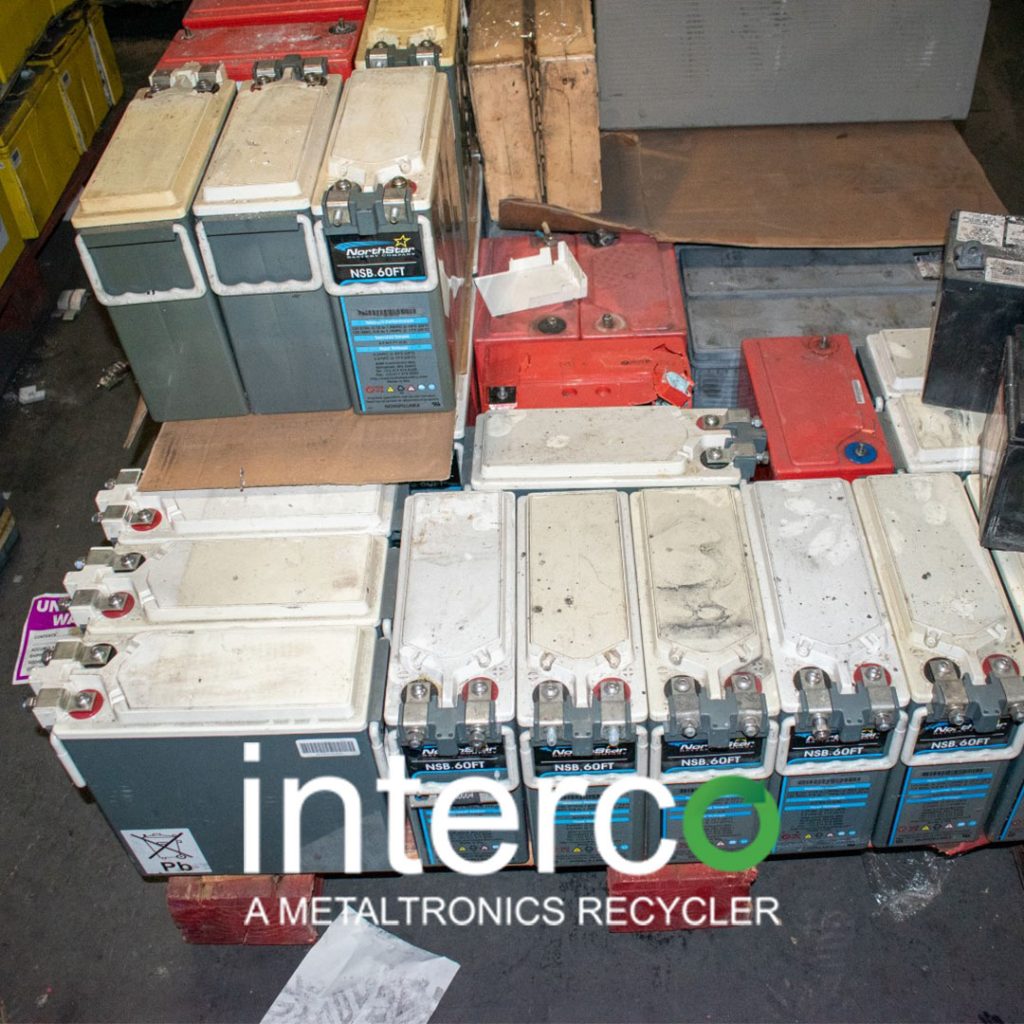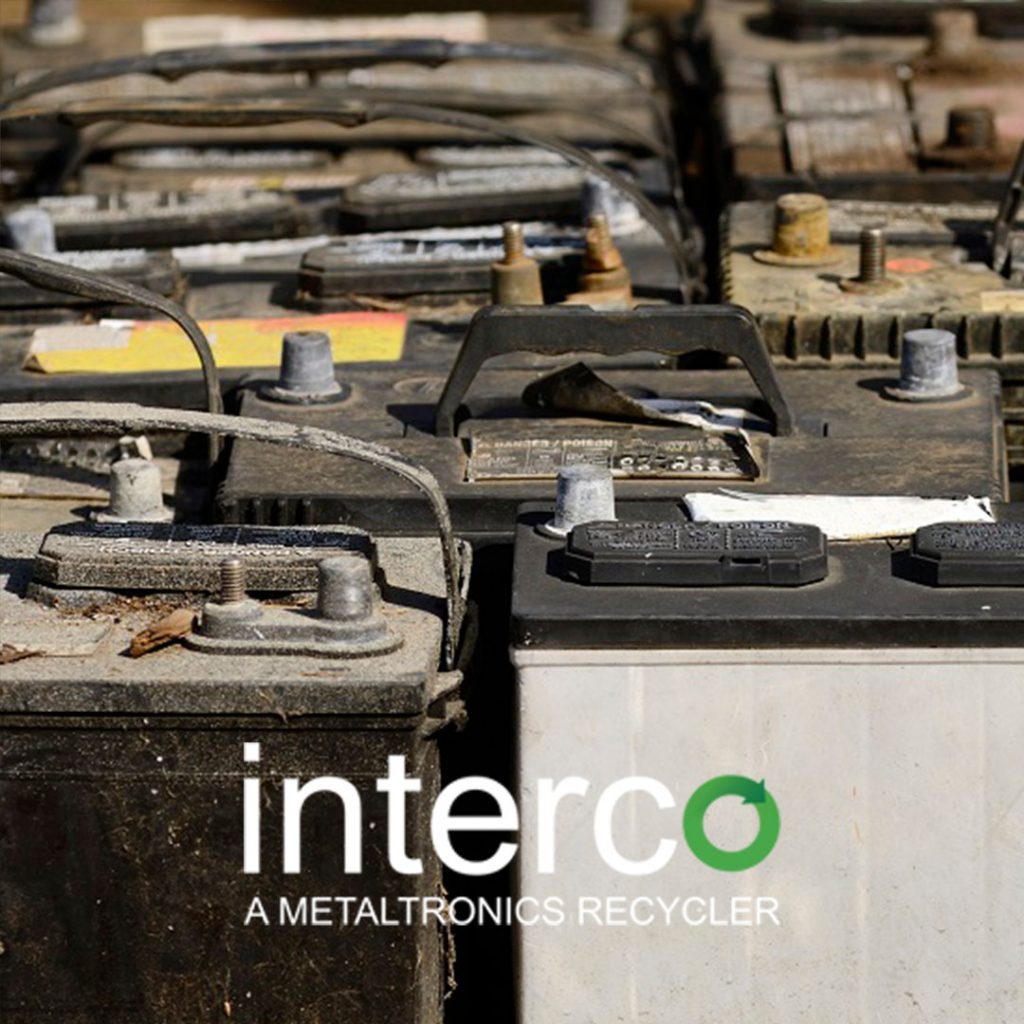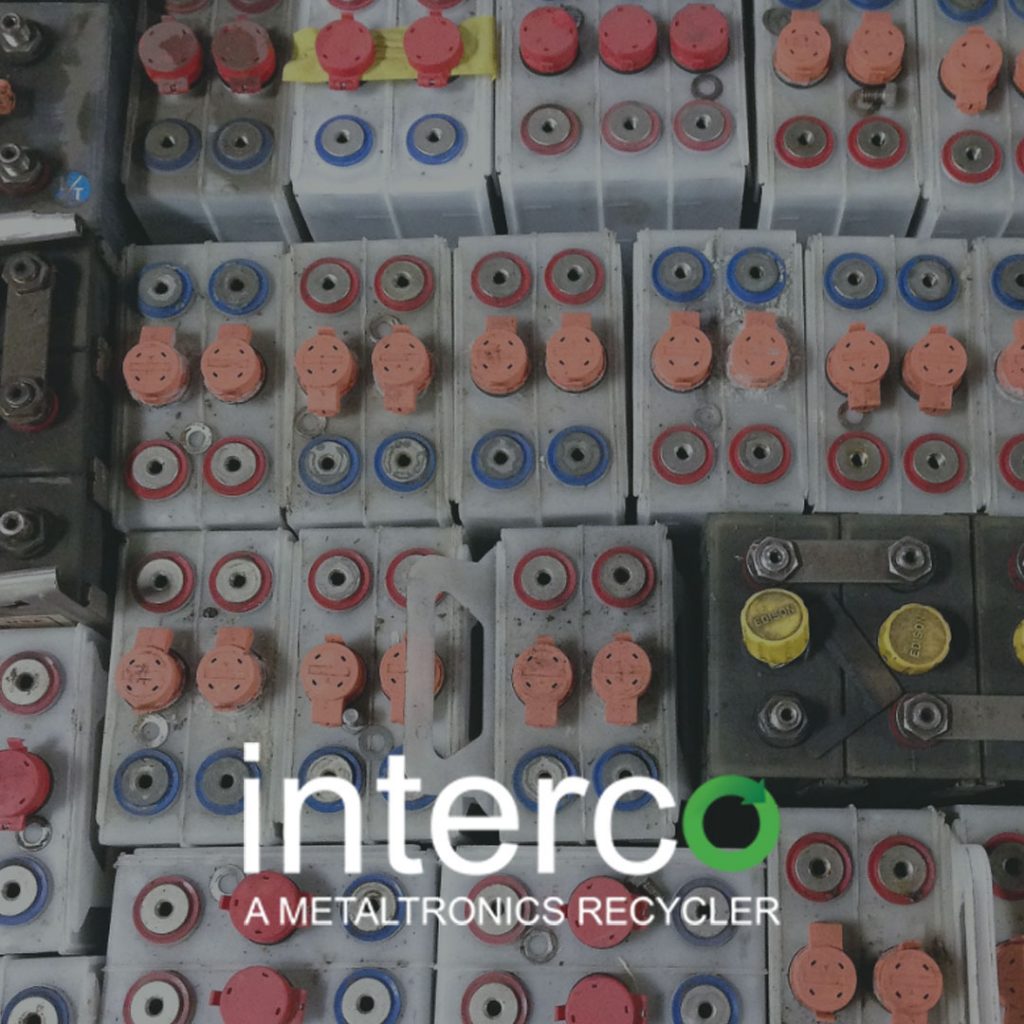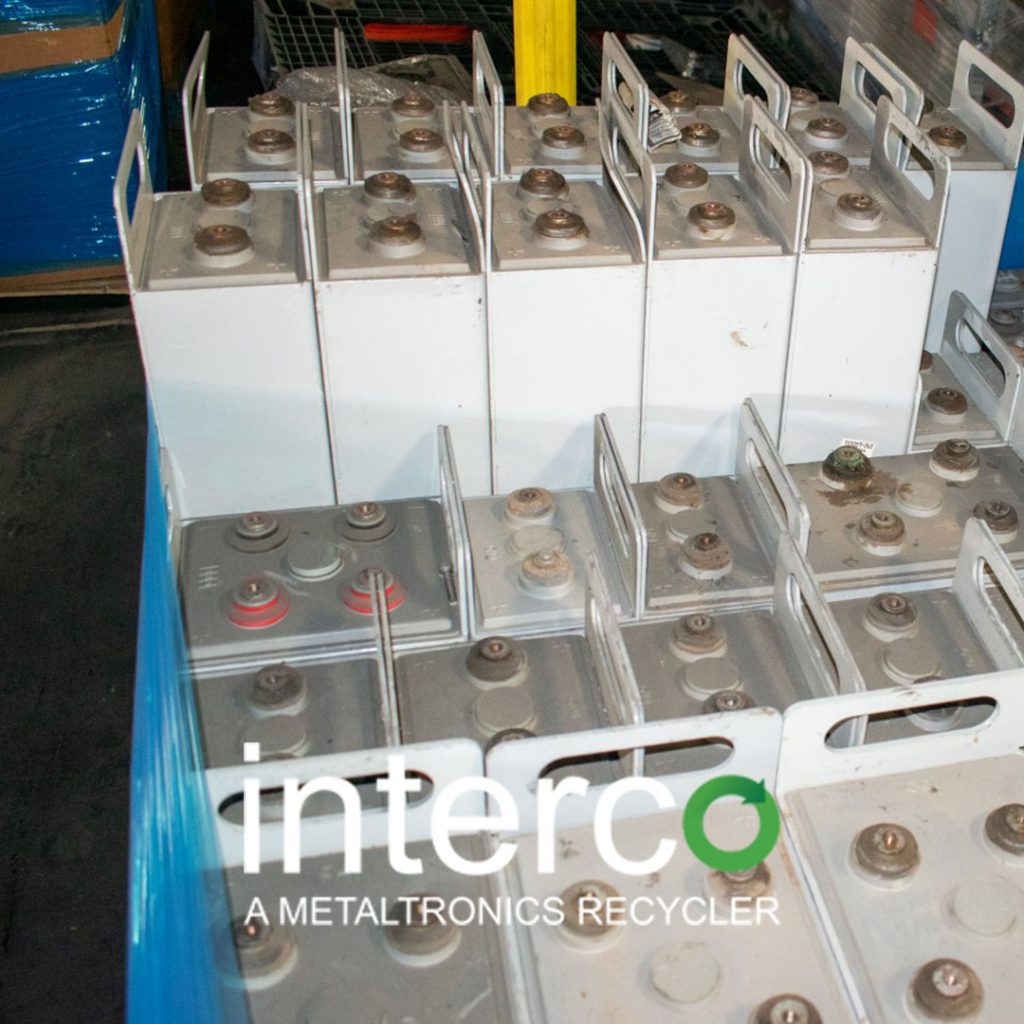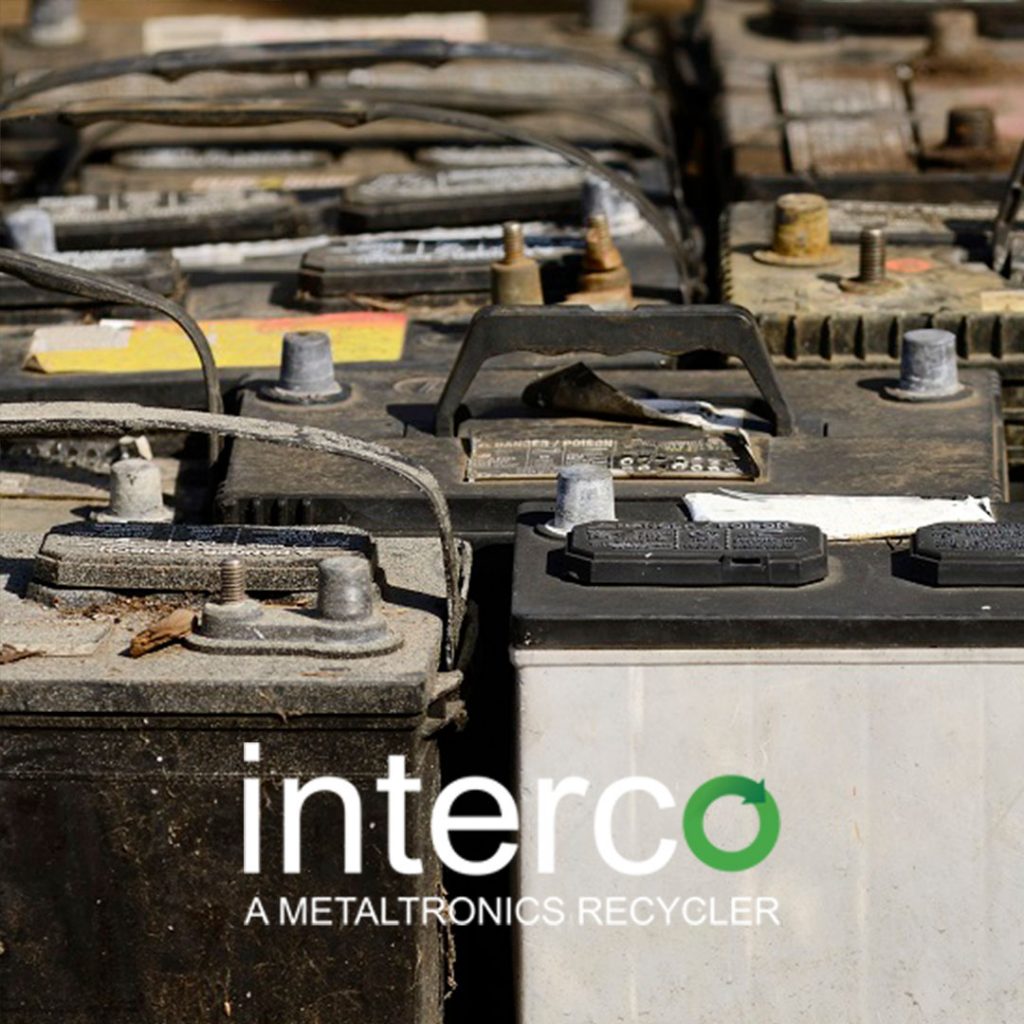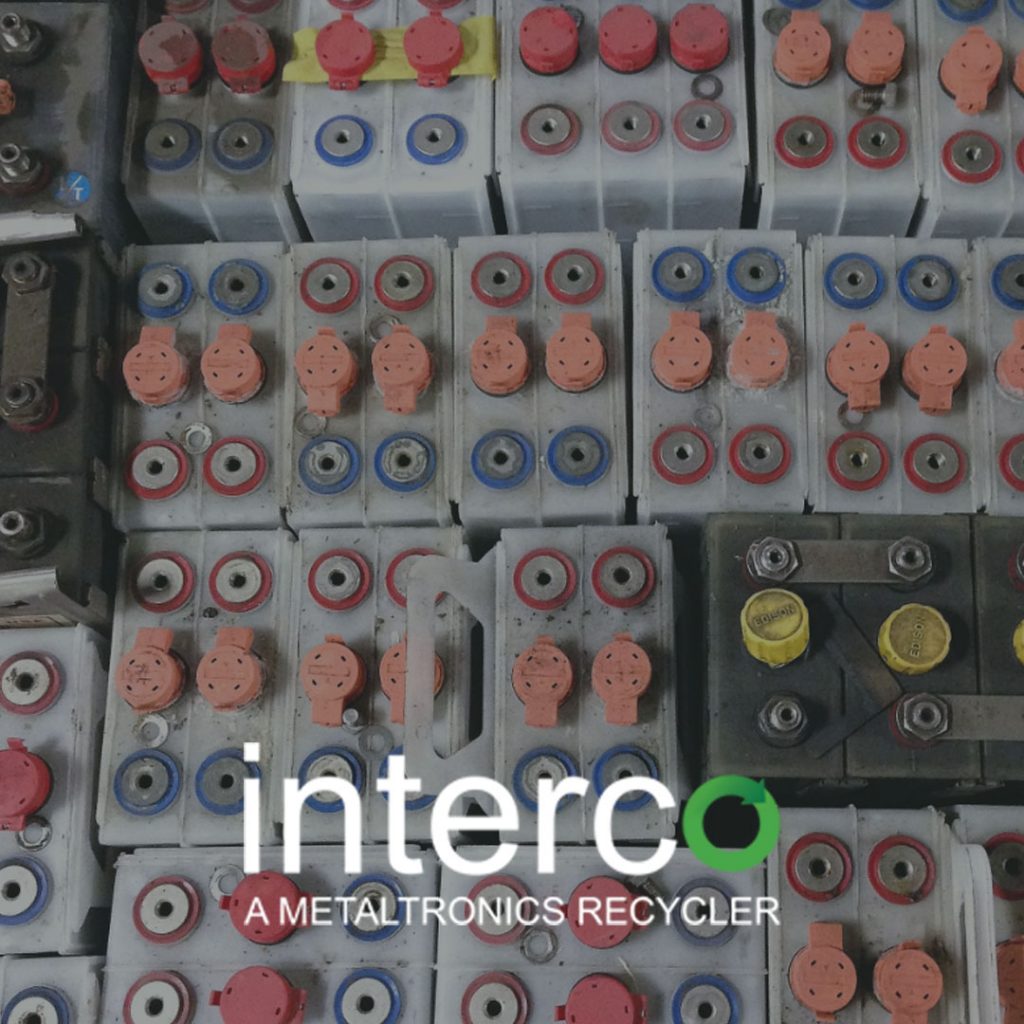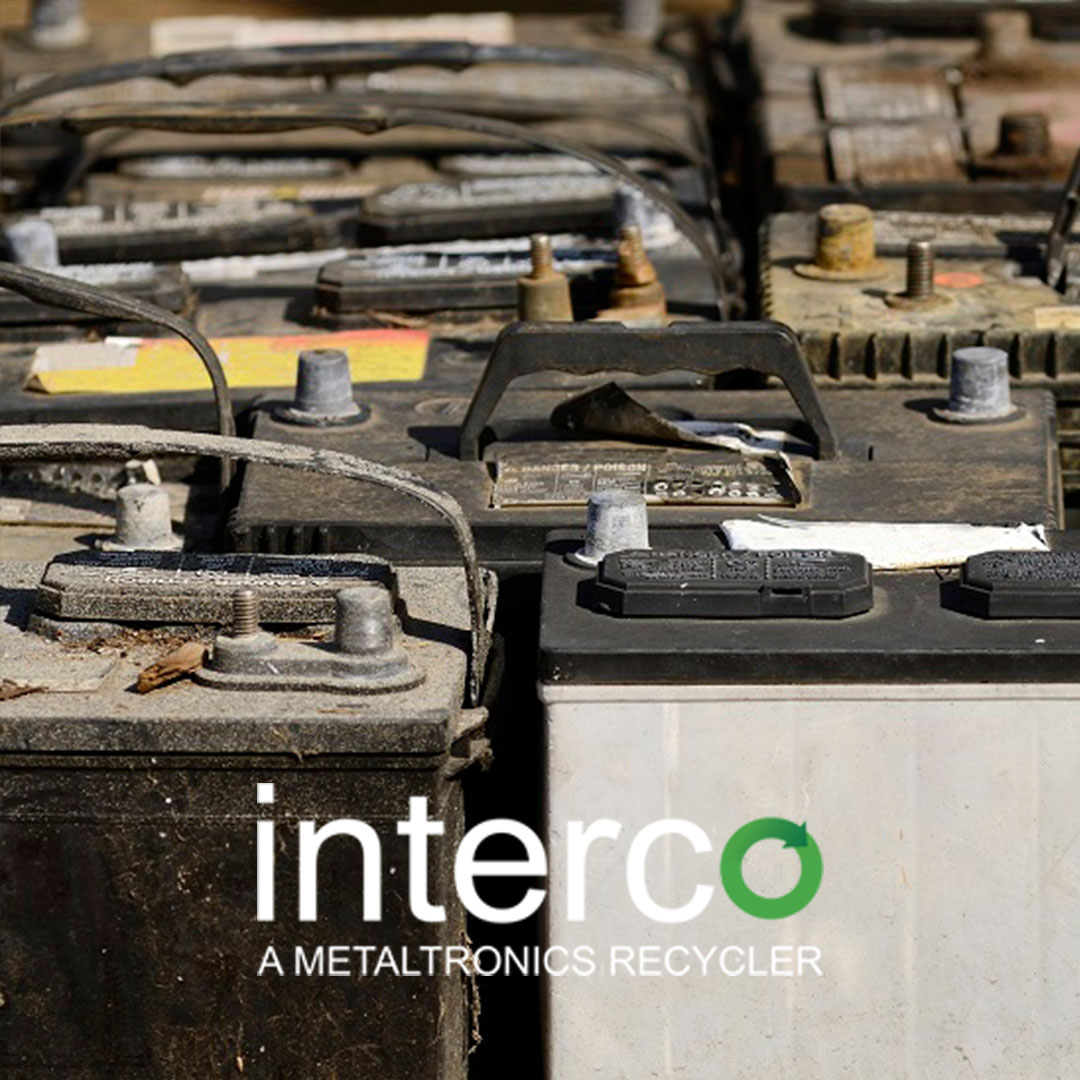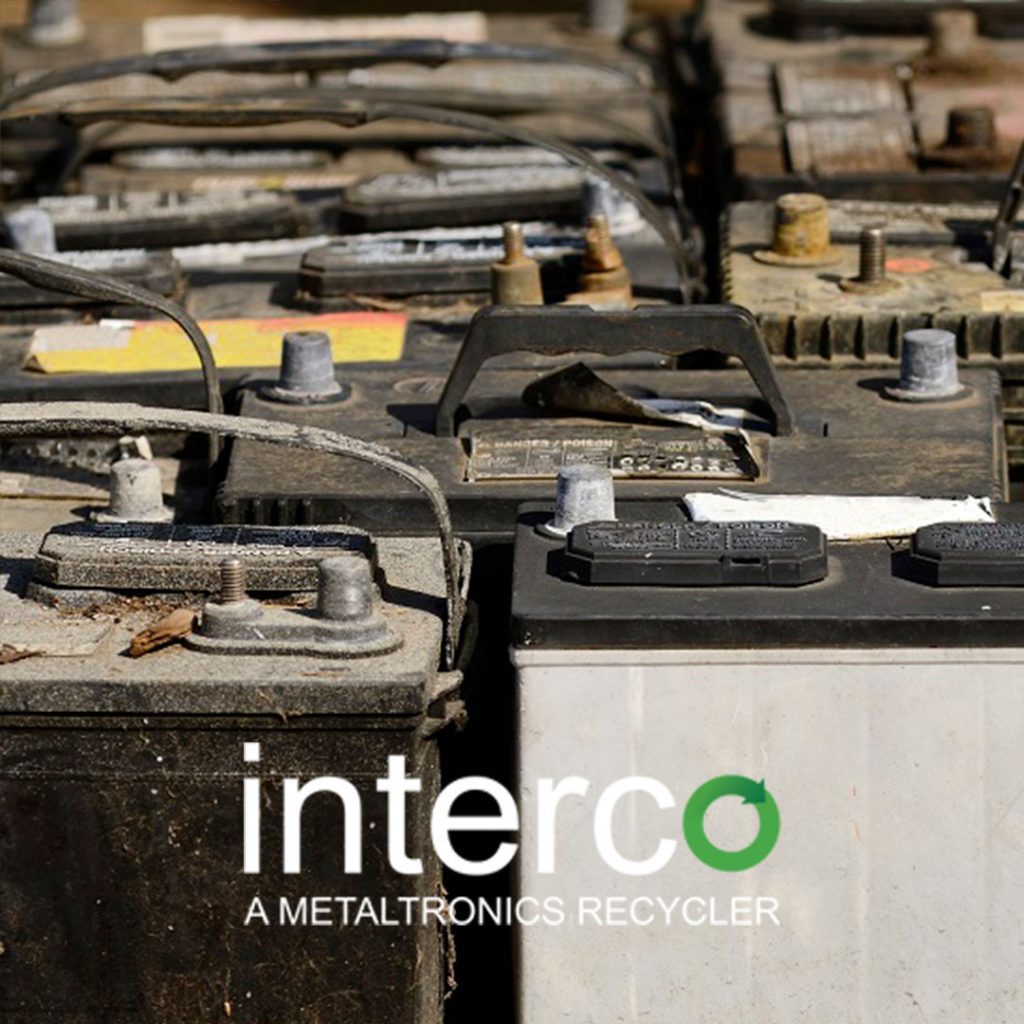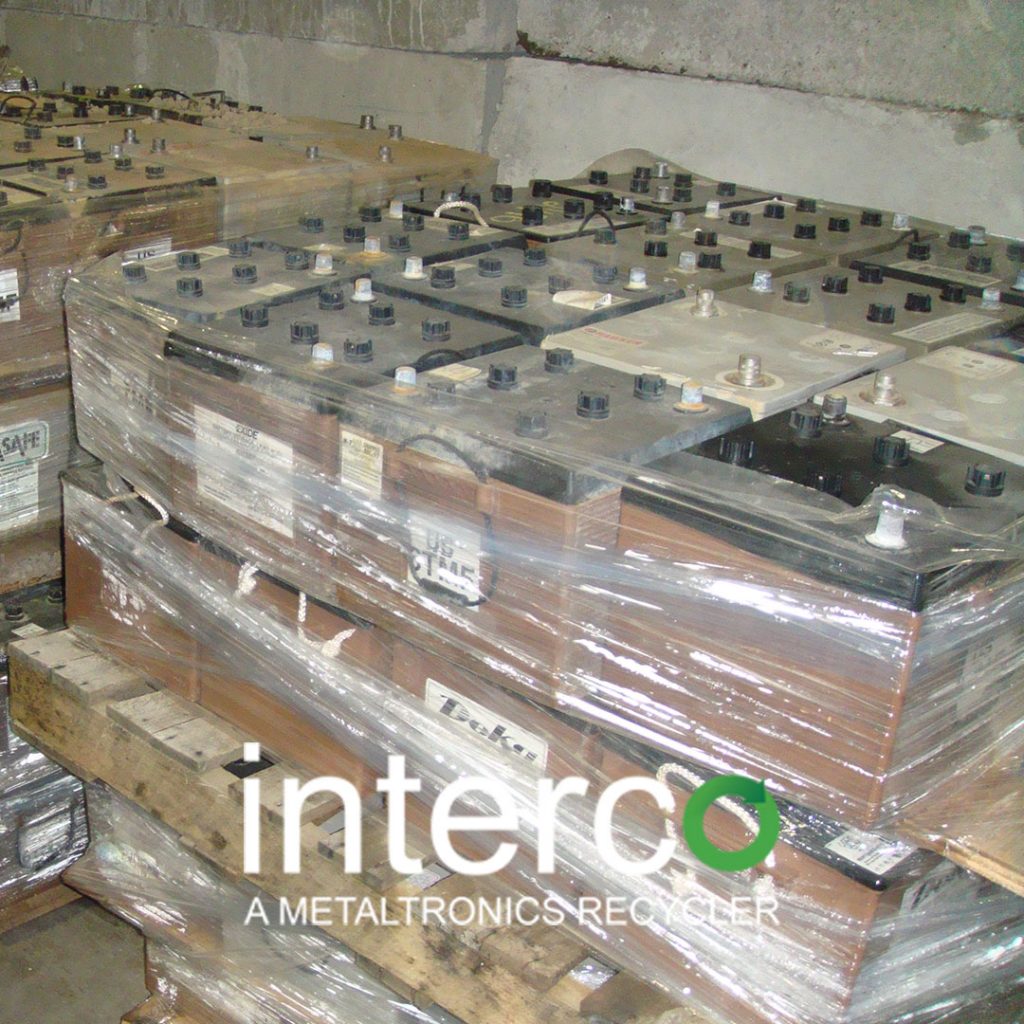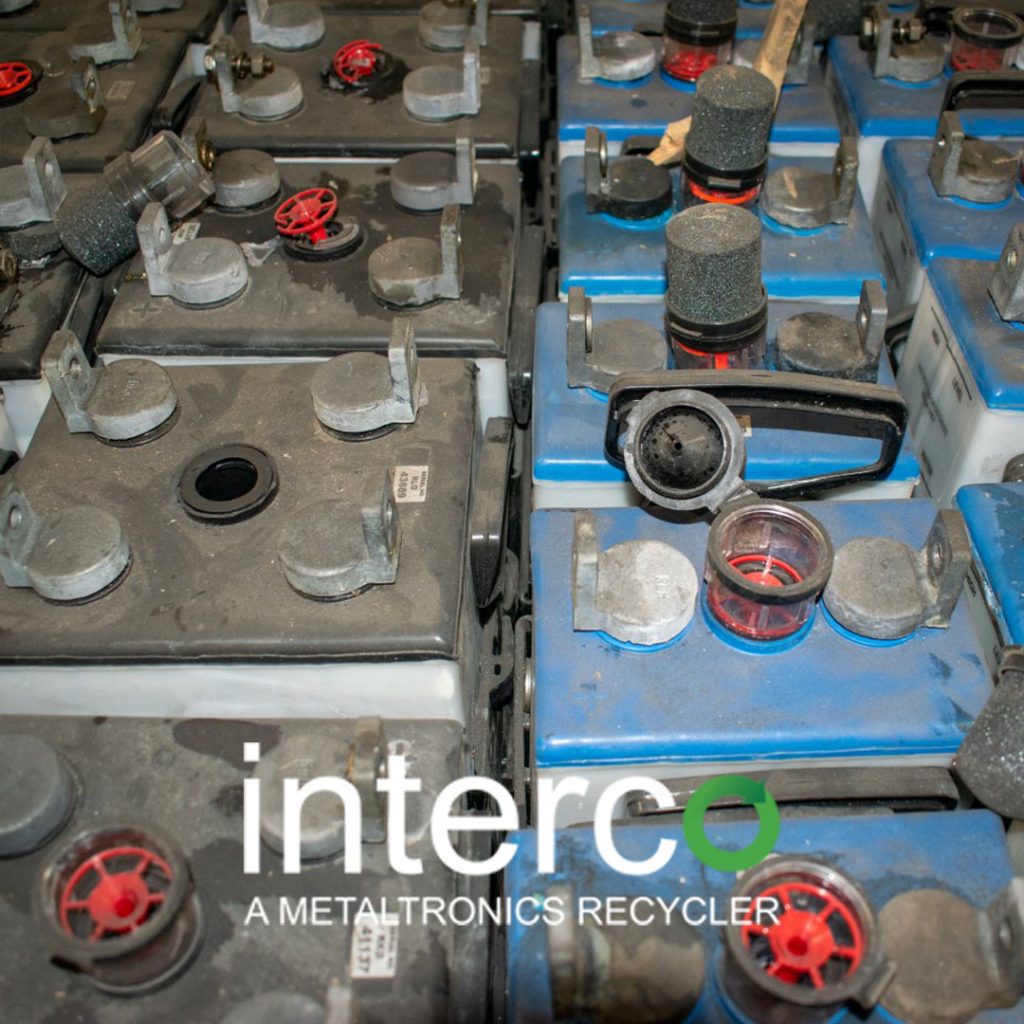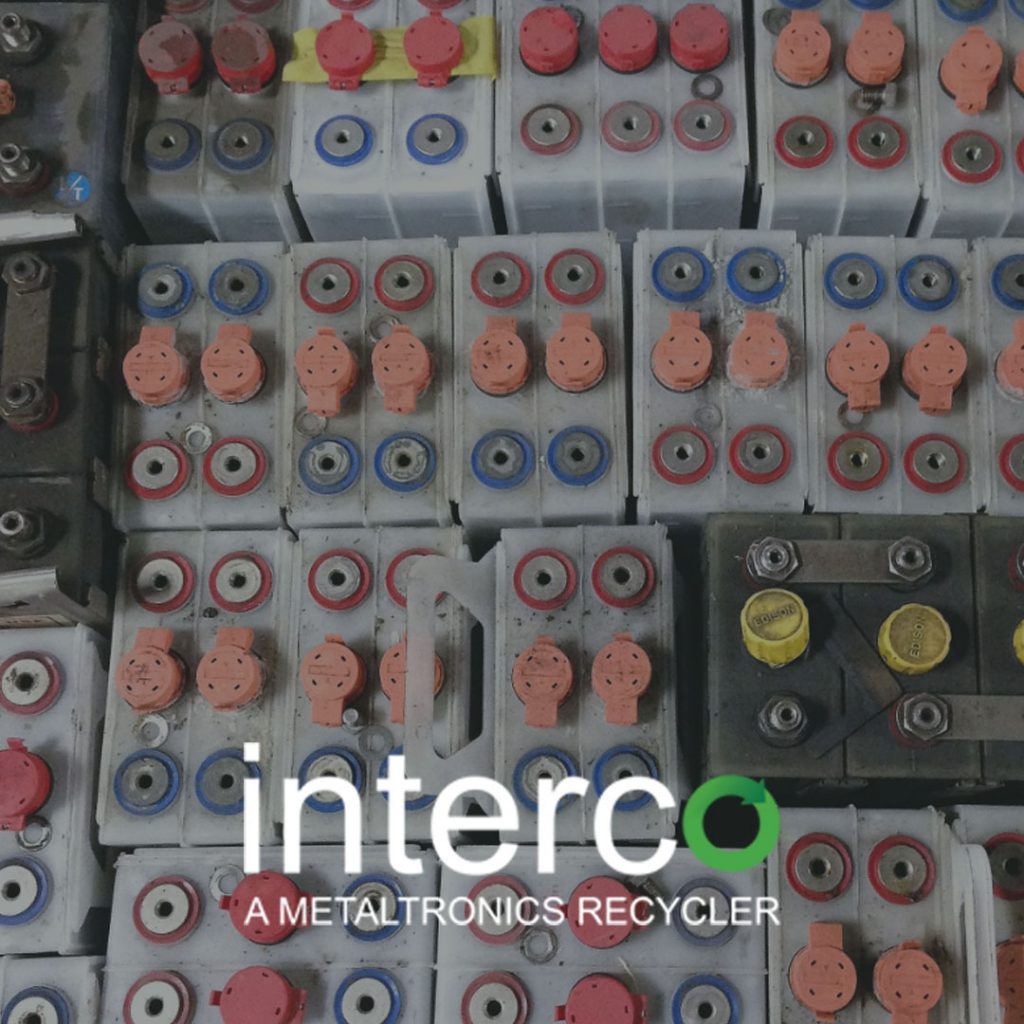
The Significance of Recycling Scrap Lead-Acid Batteries
Companies that recycle scrap lead-acid batteries advise that consumers and companies do not try to recycle lead-acid batteries by themselves.
These lead-acid batteries contain acids; toxic acids i.e., sulfuric acid which is very corrosive. Therefore, the indiscriminate disposal of these batteries can be detrimental to human lives and the environment may lead to:
- Contaminated water streams
- The decimation of agricultural land
- Death of plants
Lead-acid batteries are widely used in manufacturing, which results in an abundance of scrap. Once lead-acid batteries reach end-of-life status, the next step is to research companies that recycle scrap lead-acid batteries.
Given the high acid content, Interco buys and recycles lead-acid batteries for recycling purposes.
These batteries reach end-of-life status or become obsolete. Scrap lead-acid batteries contain large quantities of lead and sulfuric acid, therefore requiring a safe disposal method.
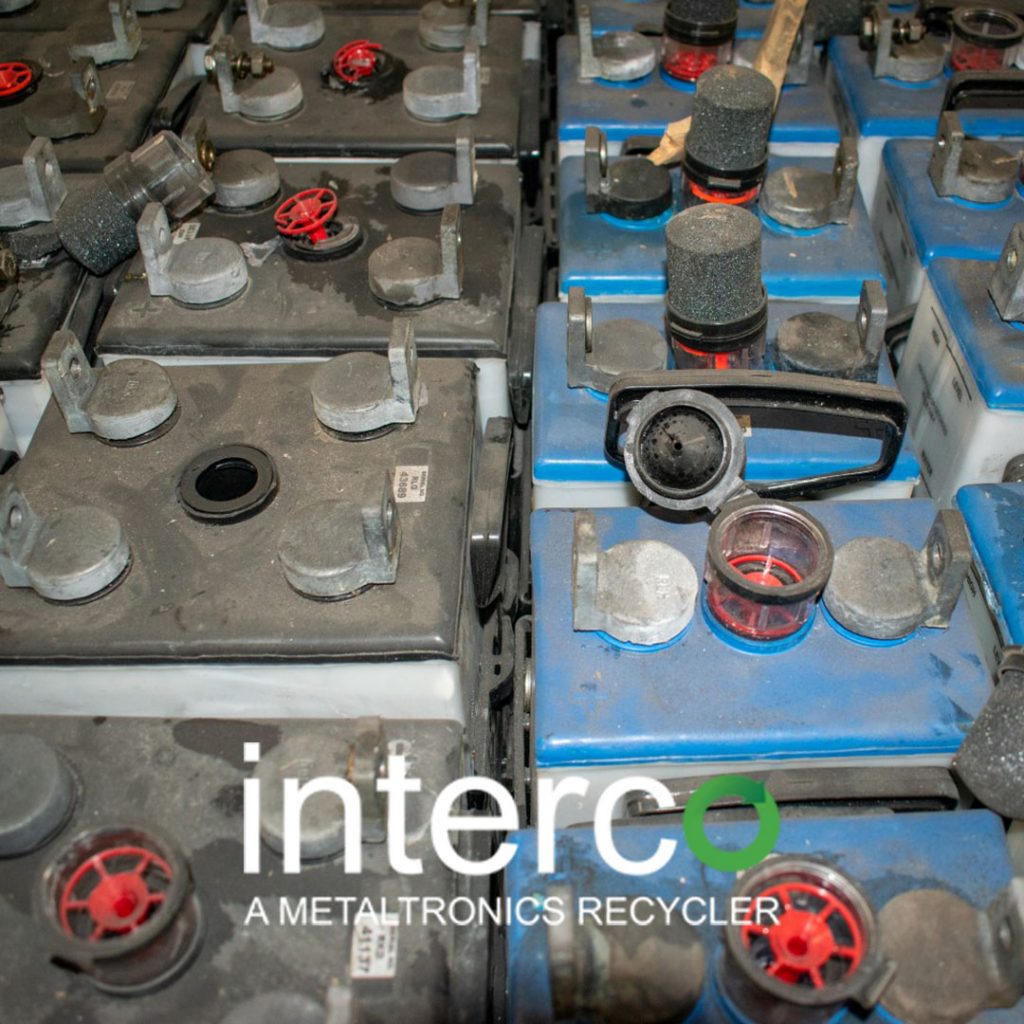
Why Recycling Scrap Lead-Acid Batteries is Significant
It is illegal to dispose of the battery in your trash. If not properly handled, lead-acid batteries can leak contaminants into soil and water. Instead, you must take your surplus dead batteries for recycling to a battery recycling facility.
Many battery users are unaware of the proper ways to dispose of a battery – especially a lead-acid battery. As a result, the material has a recycling value that can earn your business cash.
Interco buys and recycles lead-acid batteries primarily for their lead content.
Specialized lead-acid battery recyclers crush old batteries into nickel-sized pieces and separate the different components, according to the U.S. Environmental Protection Agency (EPA).
The plastic in lead-acid batteries is mostly polypropylene, which has a high heat tolerance. Thus, it can enter the recycling process. Furthermore, the lead in the batteries is sold to companies that make new batteries. In fact, the EPA estimates that up to 80% of the plastic and lead in any new battery you purchase is recycled.
Battery manufacturers produce several types of batteries in use today. Different recycling processes are available for each to recover and recycle the materials.
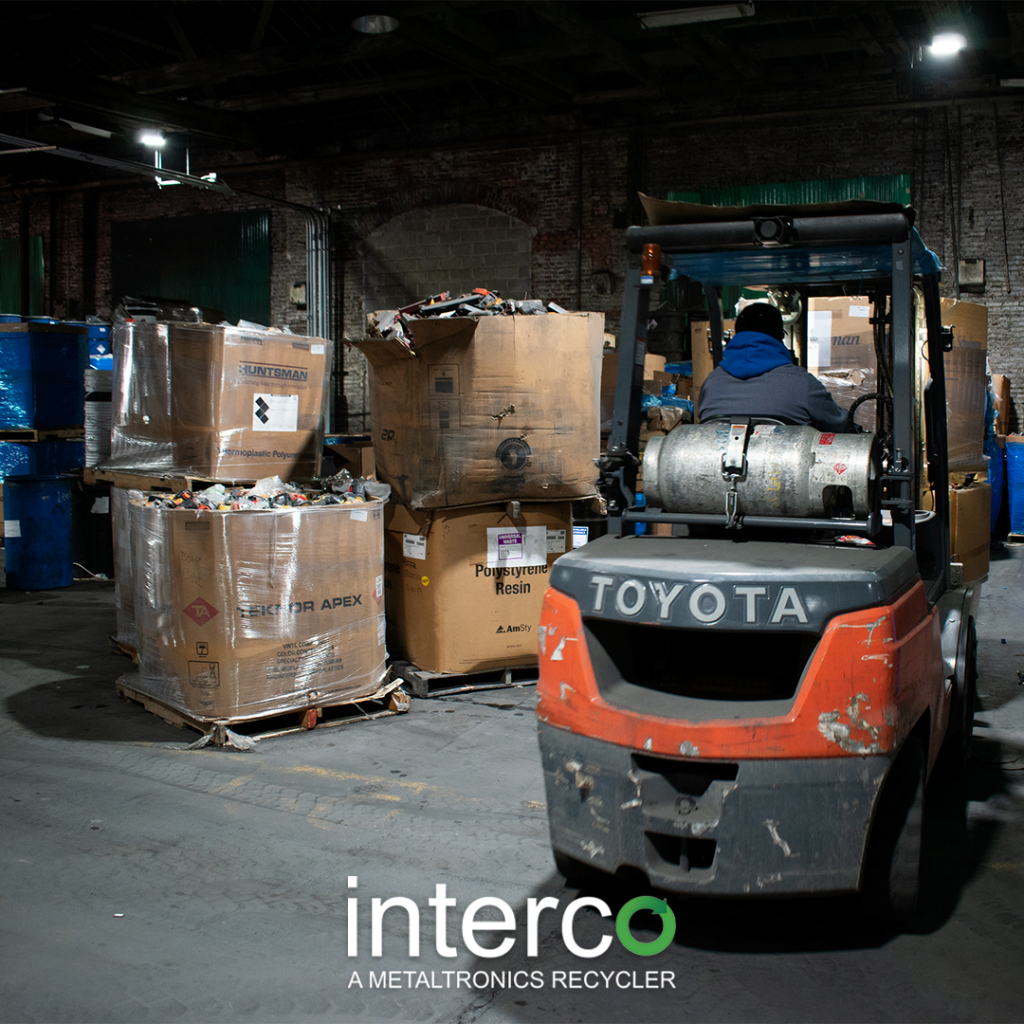
The Lead-Acid Battery Recycling Process
There are two types of lead-acid batteries: starting batteries and deep-cycle batteries. First, a starting battery quickly delivers a large burst of power to help an engine start. A deep-cycle battery delivers a continuous low level of power to help an engine keep operating.
The process of recycling used lead-acid auto batteries should practice the appropriate safety measure, as well as be in a controlled environment far from residential areas. As a result, Interco uses the following process to recycle lead-acid batteries:
- First, recycling companies collect expired or used lead-acid auto batteries for battery depositories.
- The recycling company then neutralizes the acids. They introduce a base that subdues the corrosive properties (toxicity) of the acid so it can be safely disposed of.
- A hammer mill shatters the battery or breaks it apart. Recyclers refer to the process as hammering.
- Then, place broken pieces in a vat, so that the lead plates and heavy materials sink to the bottom while the plastic floats.
- They transport the polypropylene plastics into a plastic recycler to melt and refine them.
- Then, the process goes to clean the lead plates and heat them in furnaces, so they melt. After this, cast the molten lead into an ingot mold. After a few moments, the impurities float to the top of the cast, and they scrape them away.
- Finally, they re-melt the pure ingot casts and use them in new batteries.
One of the first R2v3 certified recyclers’ in the world, Interco recycles nonferrous industrial metals and specializes in difficult to process alloys, lithium-ion batteries, metallic powders, and solar panels.
Interco Recycles Scrap Lead-Acid Batteries
Overall, recycling lead-acid batteries enable recyclers to recover valuable metals and reduces the harmful effects on the environment that improper disposal causes. The 400,000+ sqft. Interco Metaltronics recycling facility is comprised of five buildings on more than 40 acres centrally located on the Illinois-side of St. Louis in the shadows of the Gateway Arch. Thus, the facility boasts a 145,000 sqft. processing plant dedicated to the processing of computers, electronics, and batteries with the remainder of the indoor facility used for the processing of nonferrous industrial metals. Additionally, companies that recycle scrap lead-acid batteries include Interco which accepts, processes, trades, and recycles an array of nonferrous metals. Interco recycles batteries of all shapes, sizes, and chemistry. Thus, the team at Interco continues to lead the way in terms of innovative industrial recycling solutions. Finally, to learn more about how to recycle lead-acid batteries, click here.
